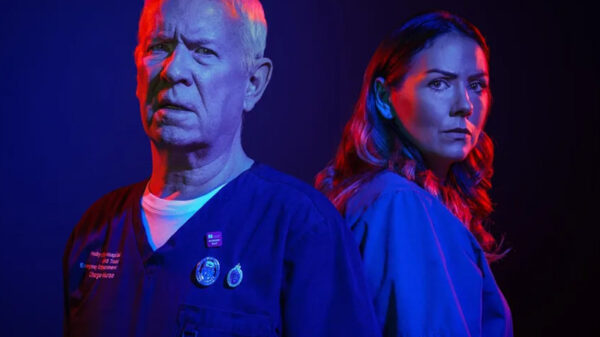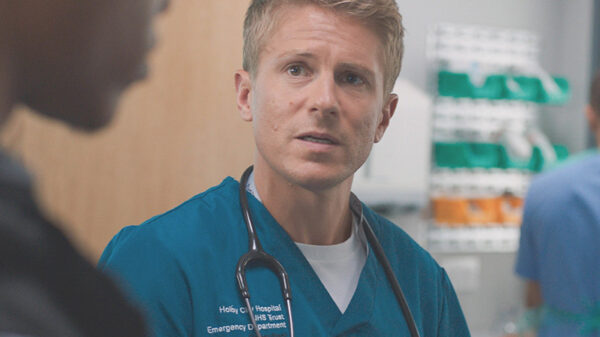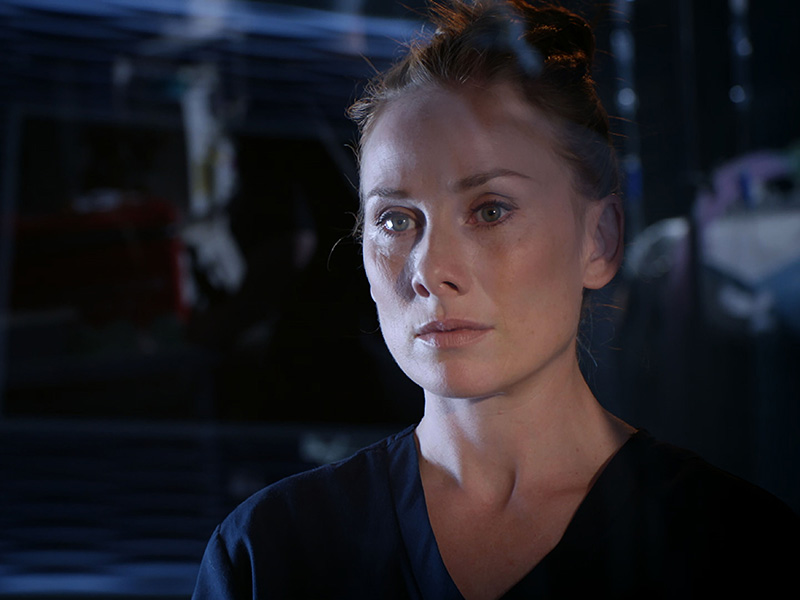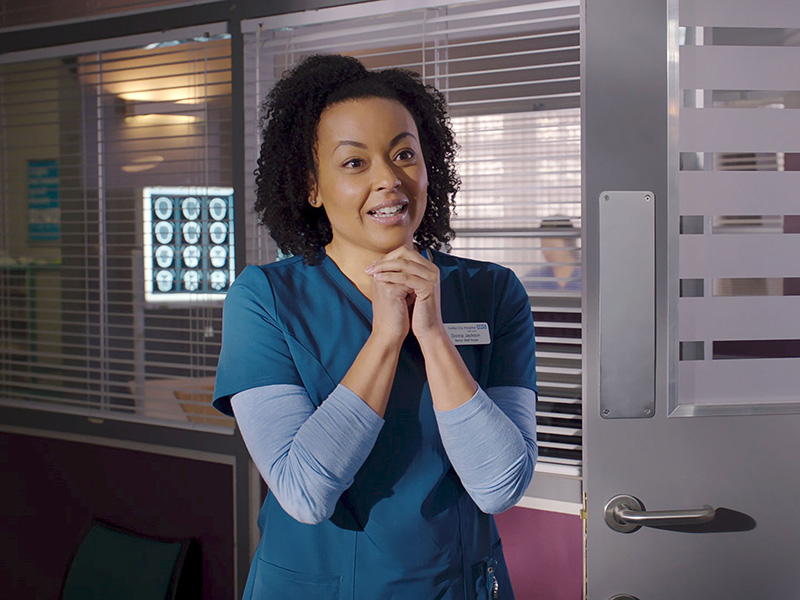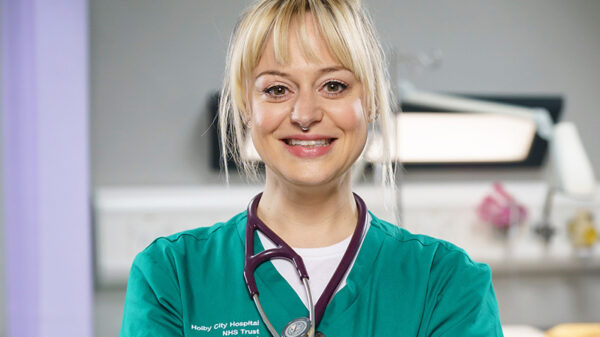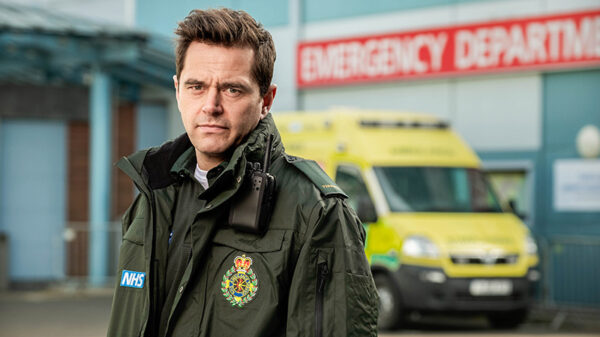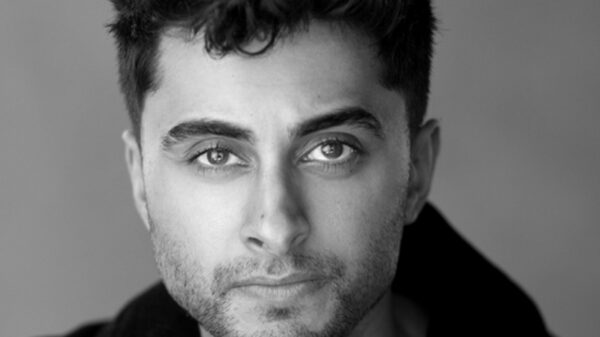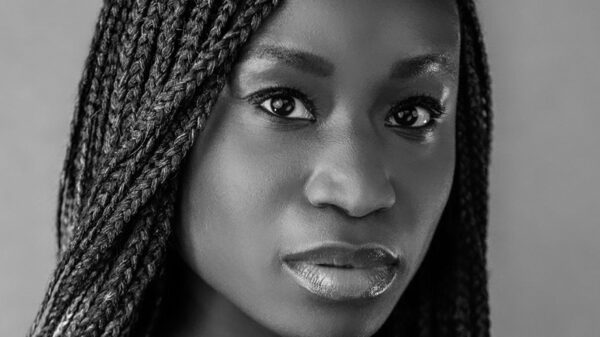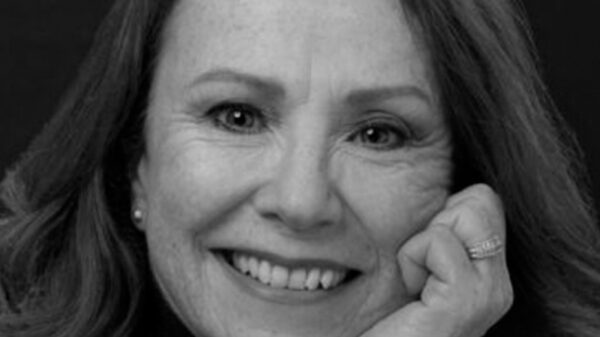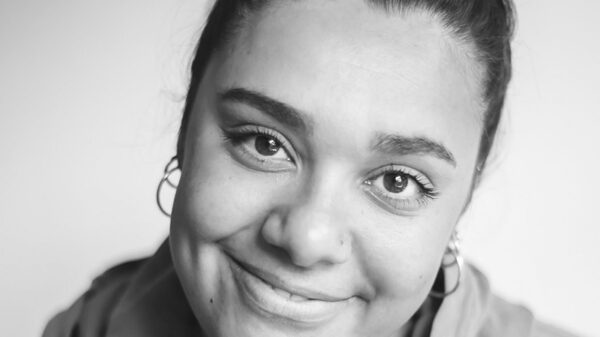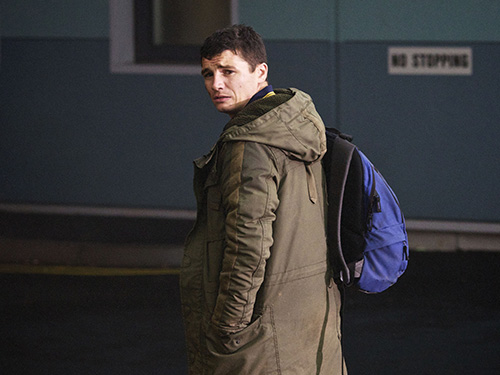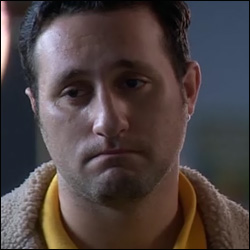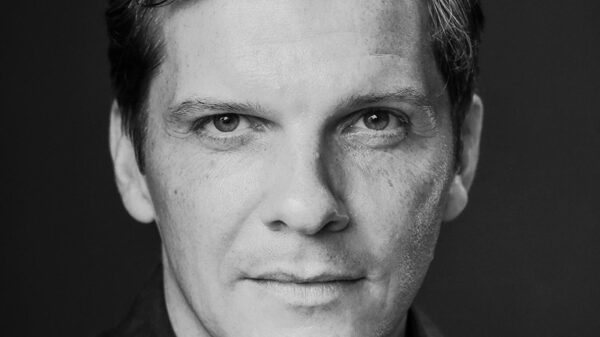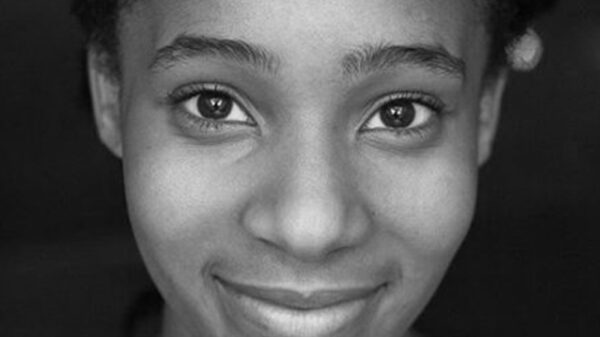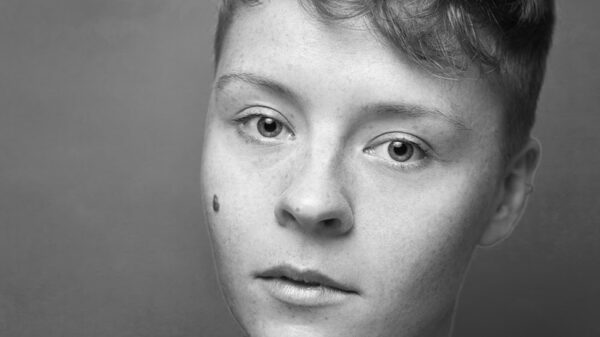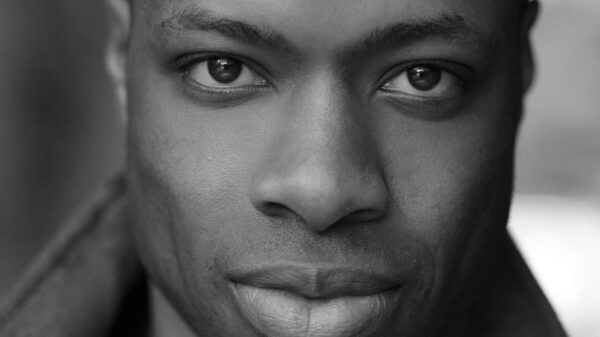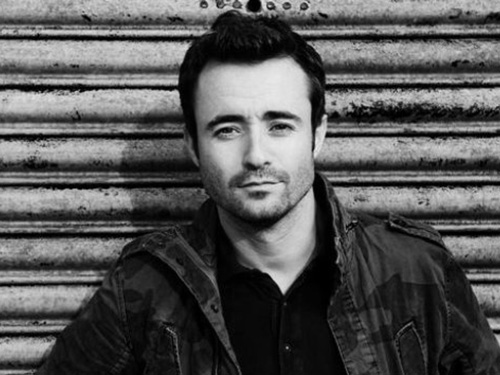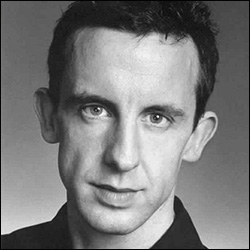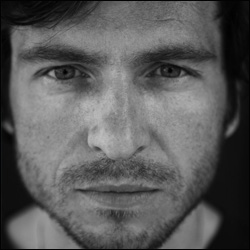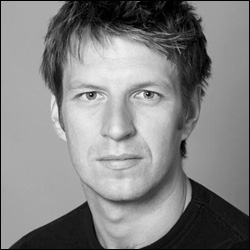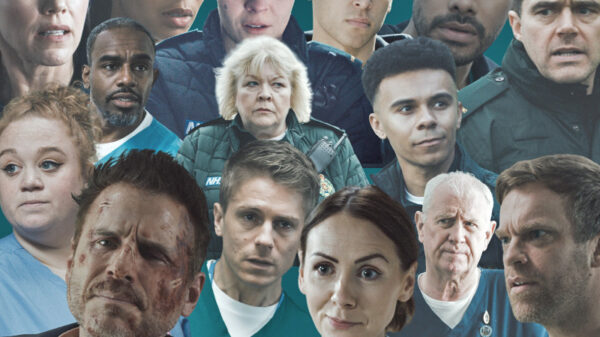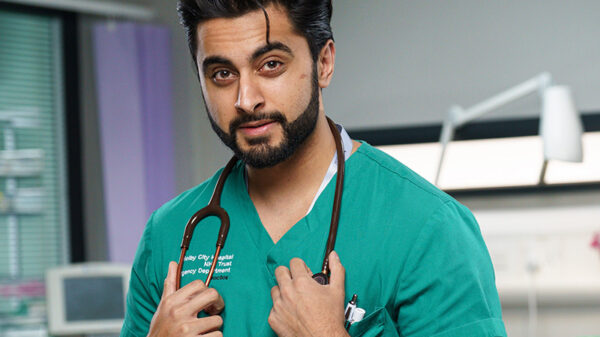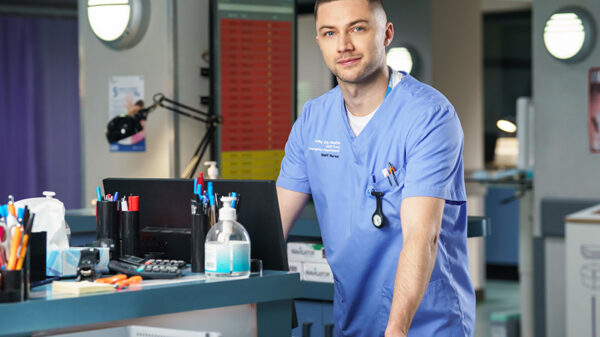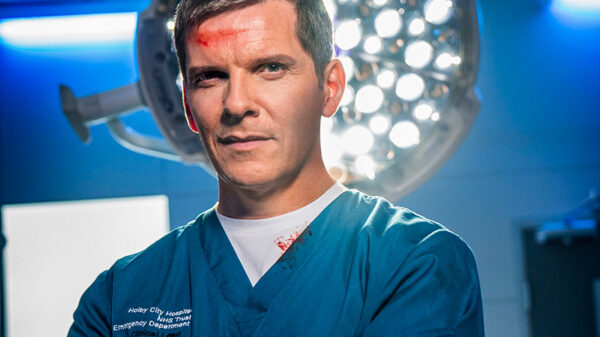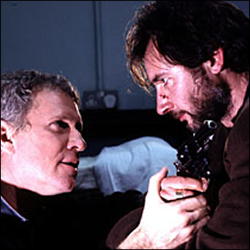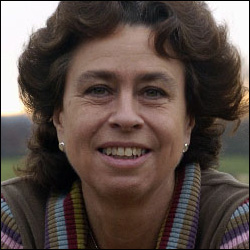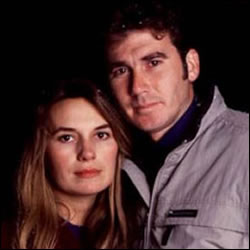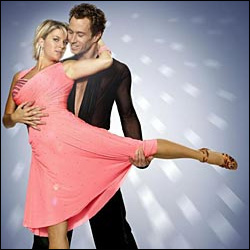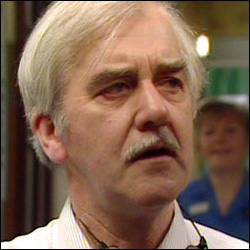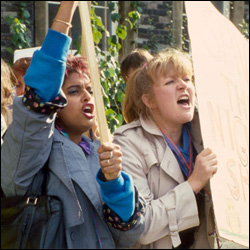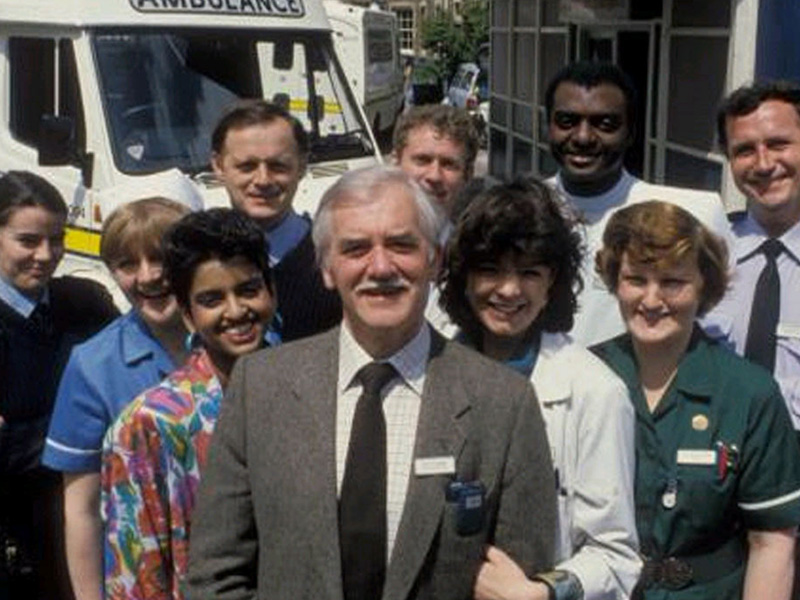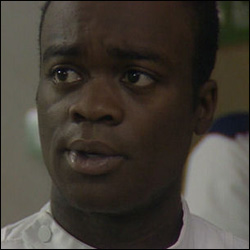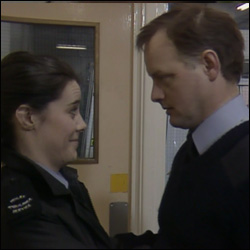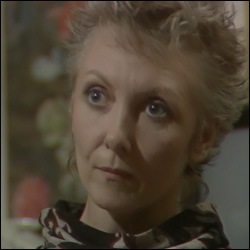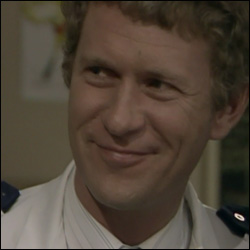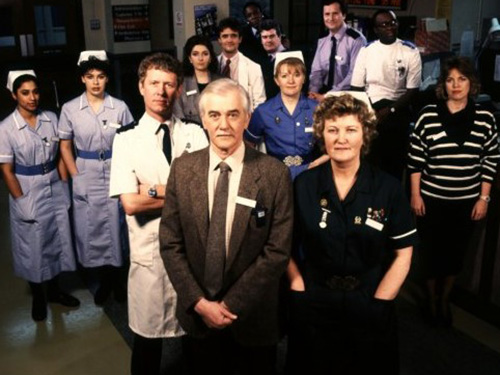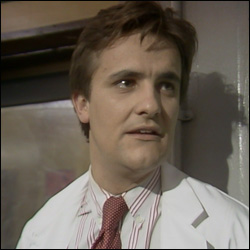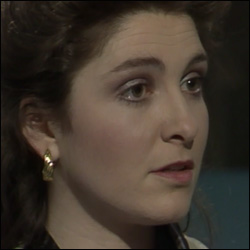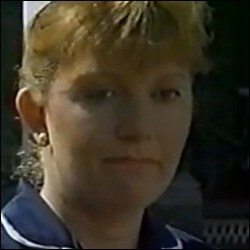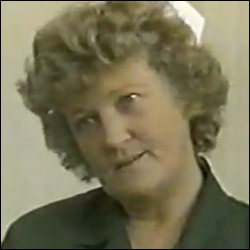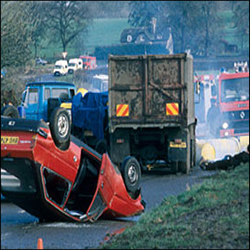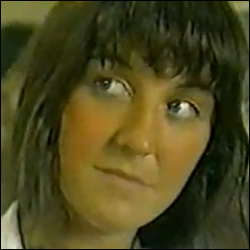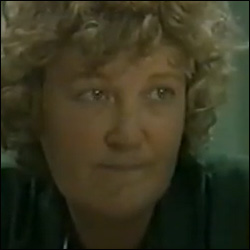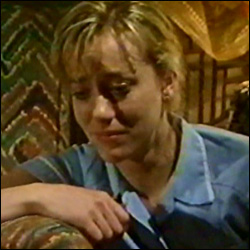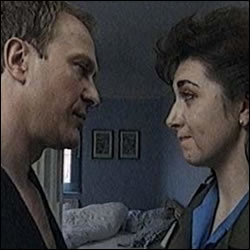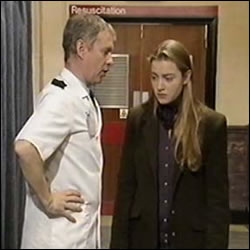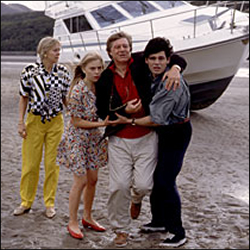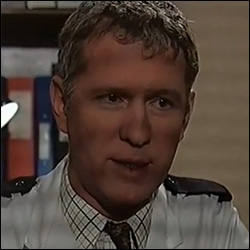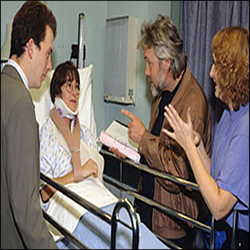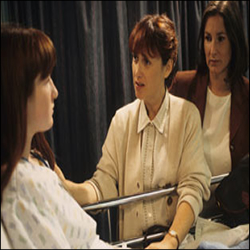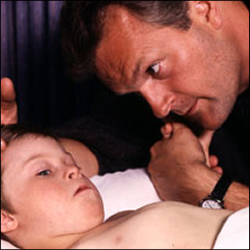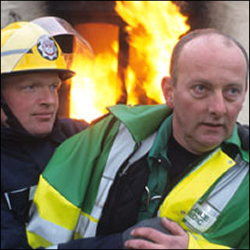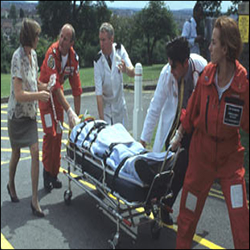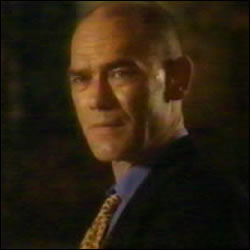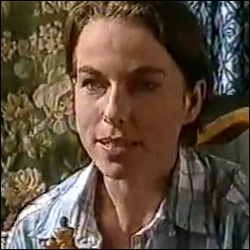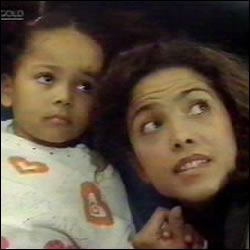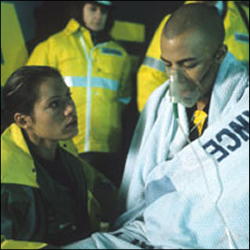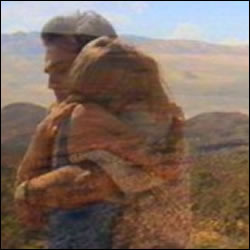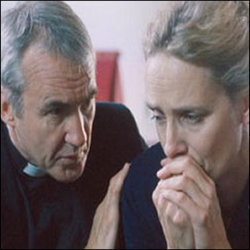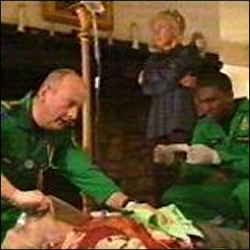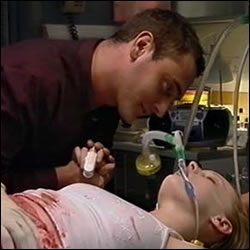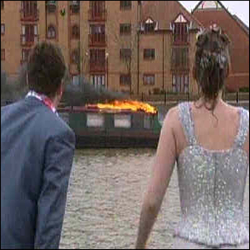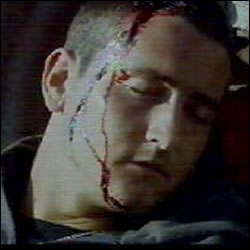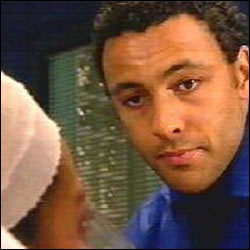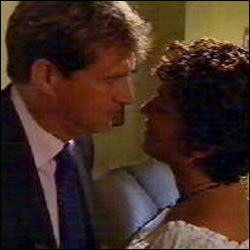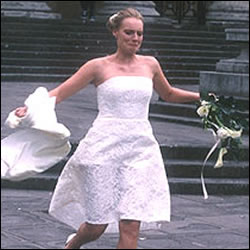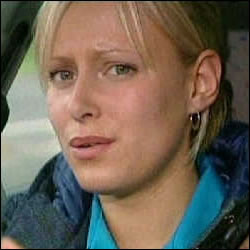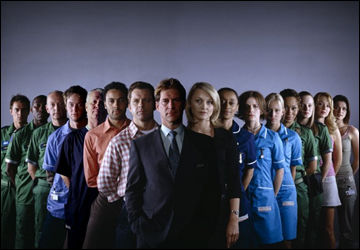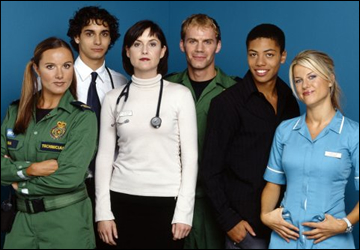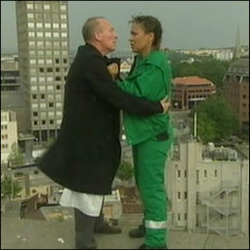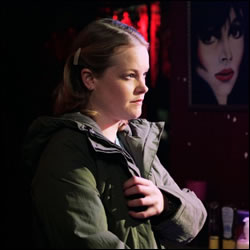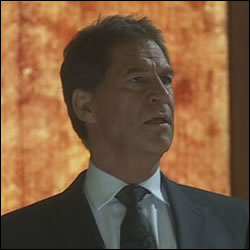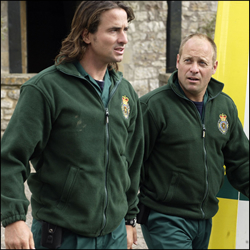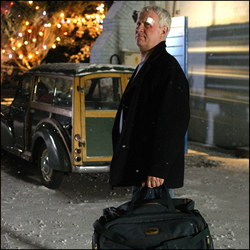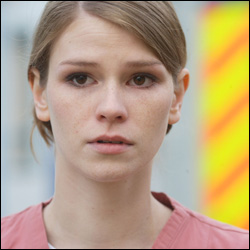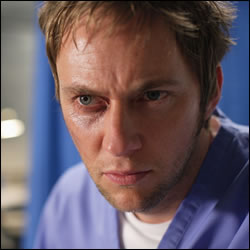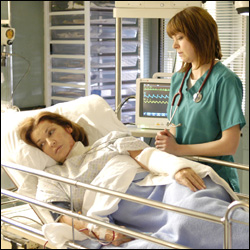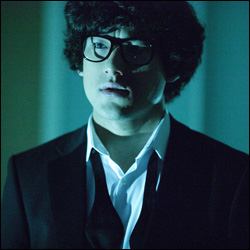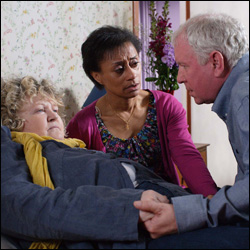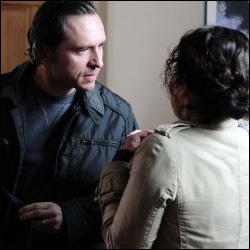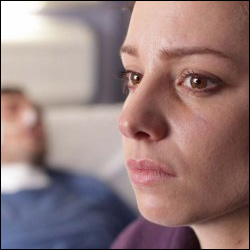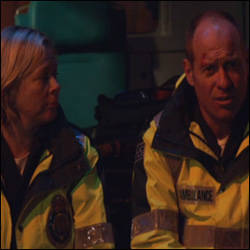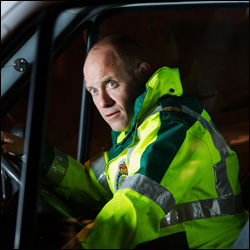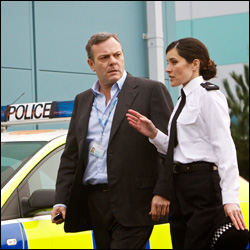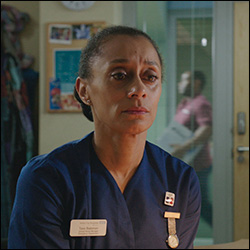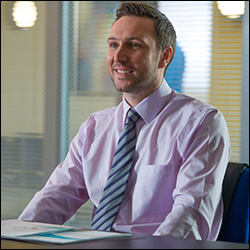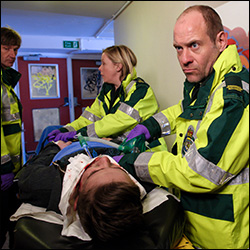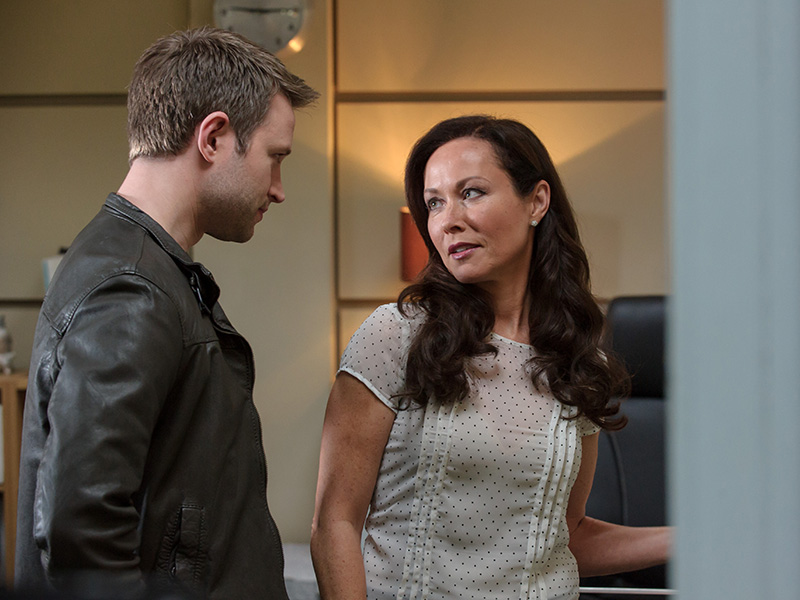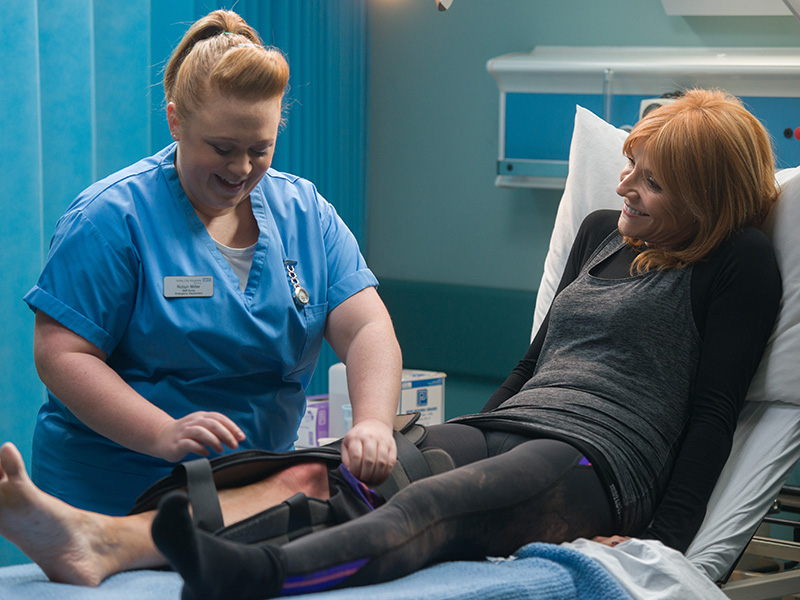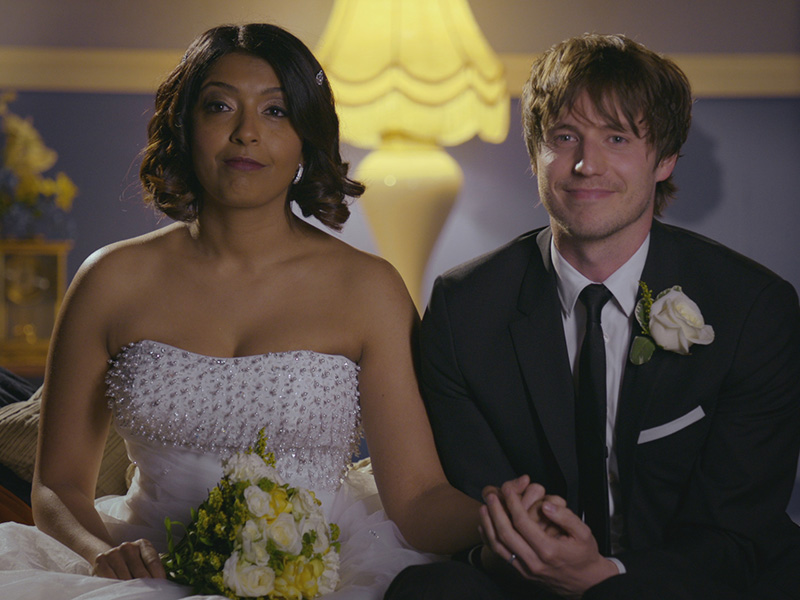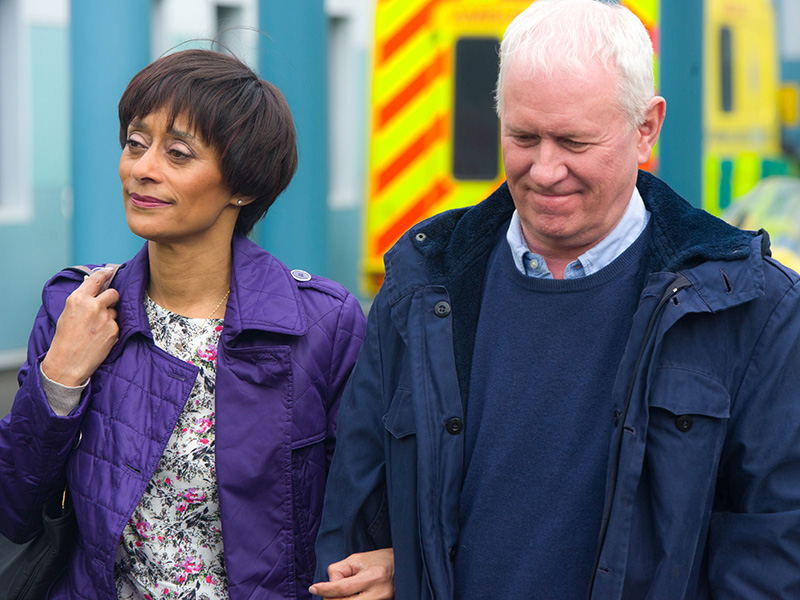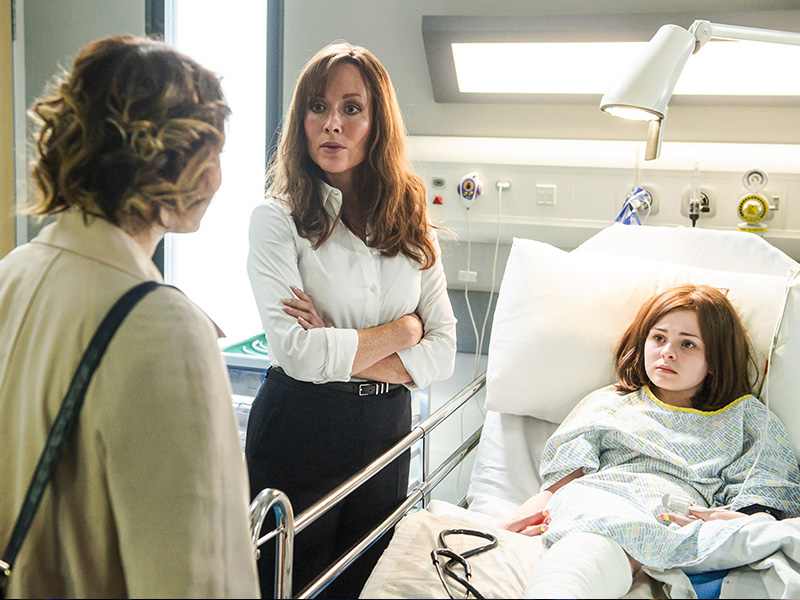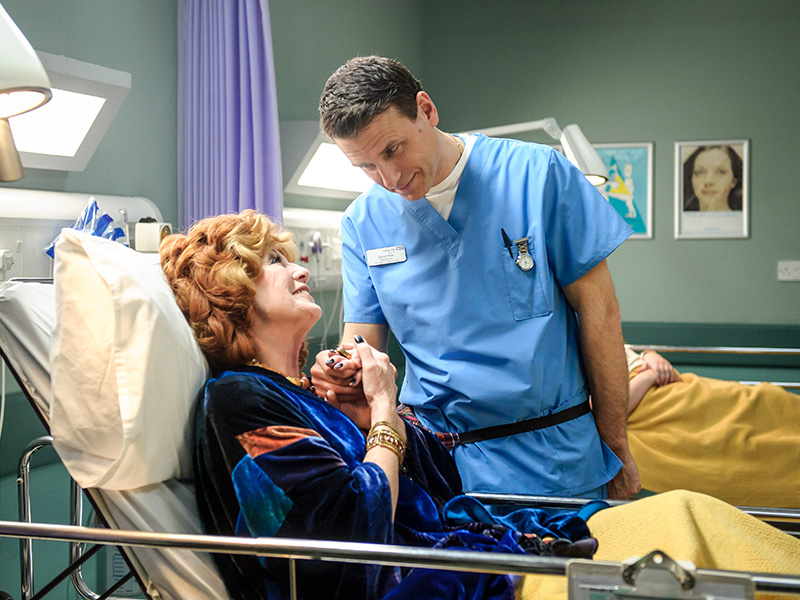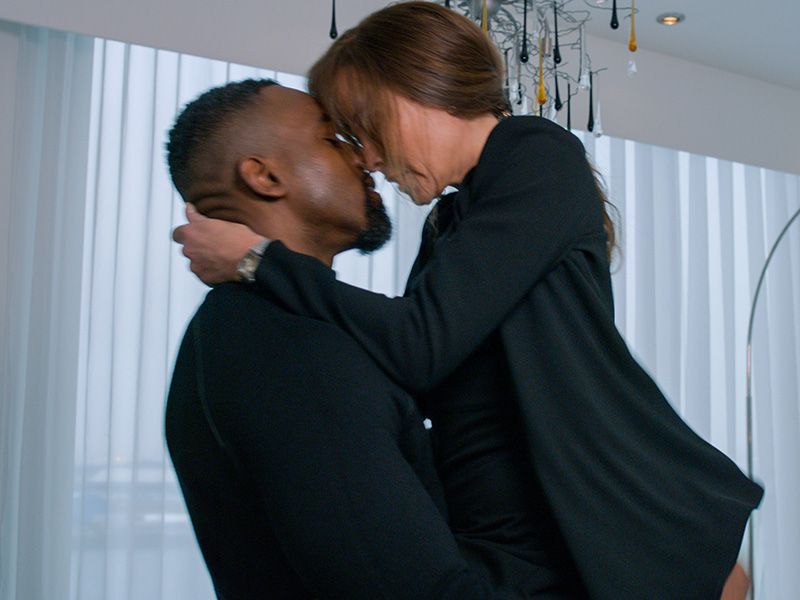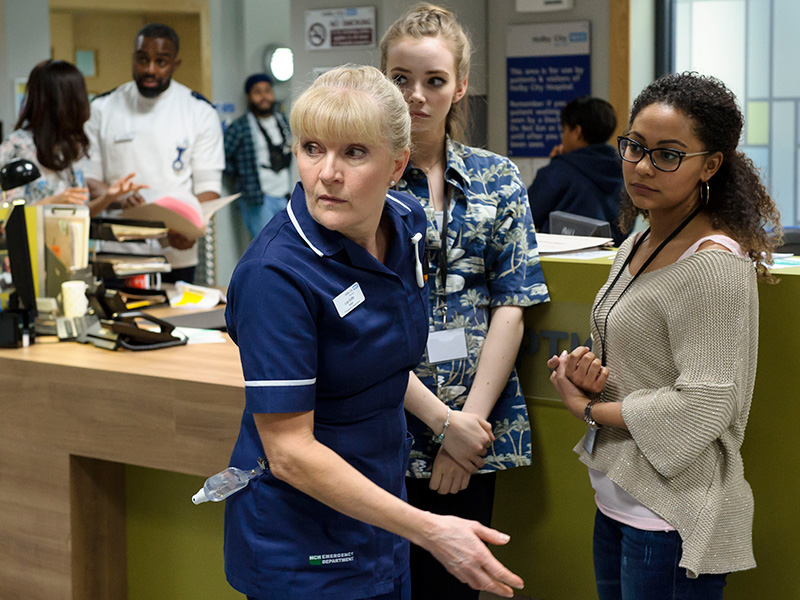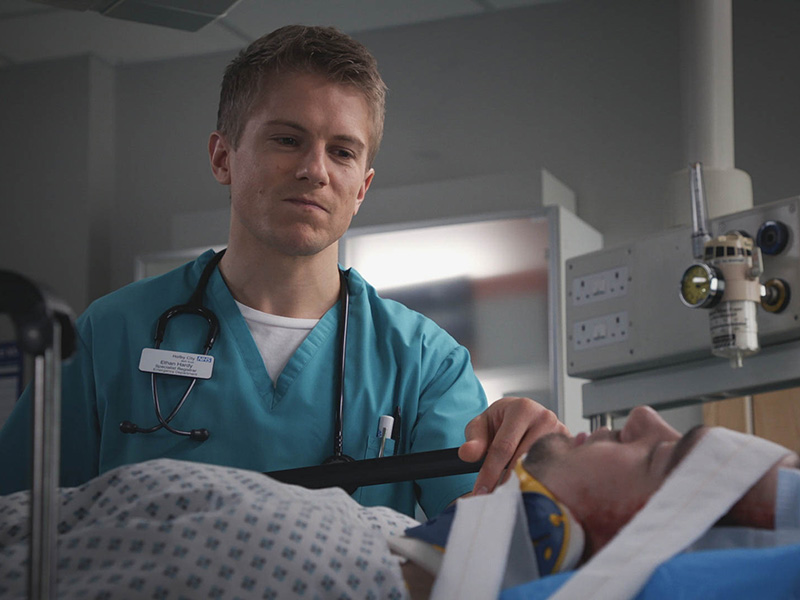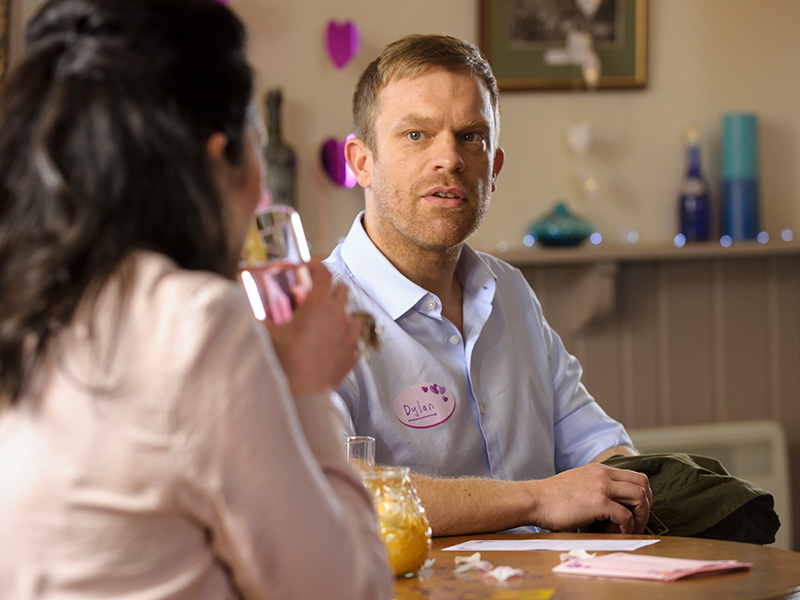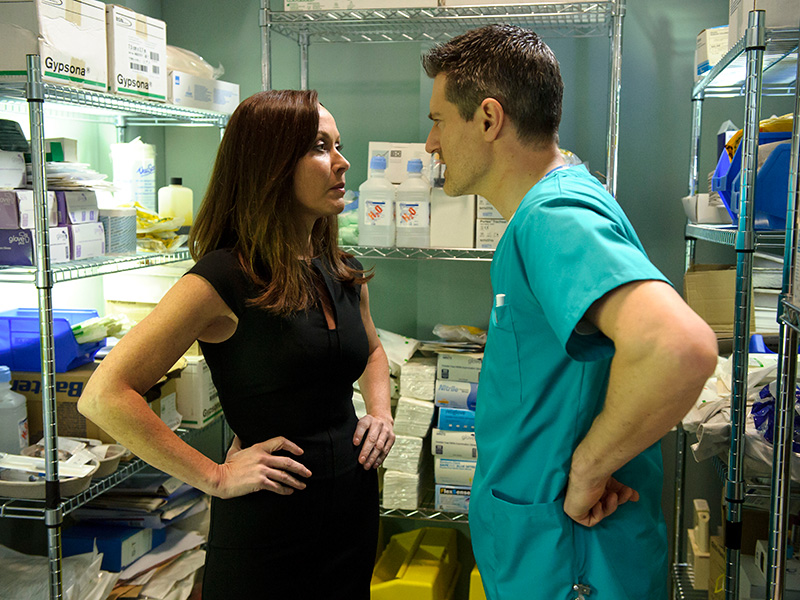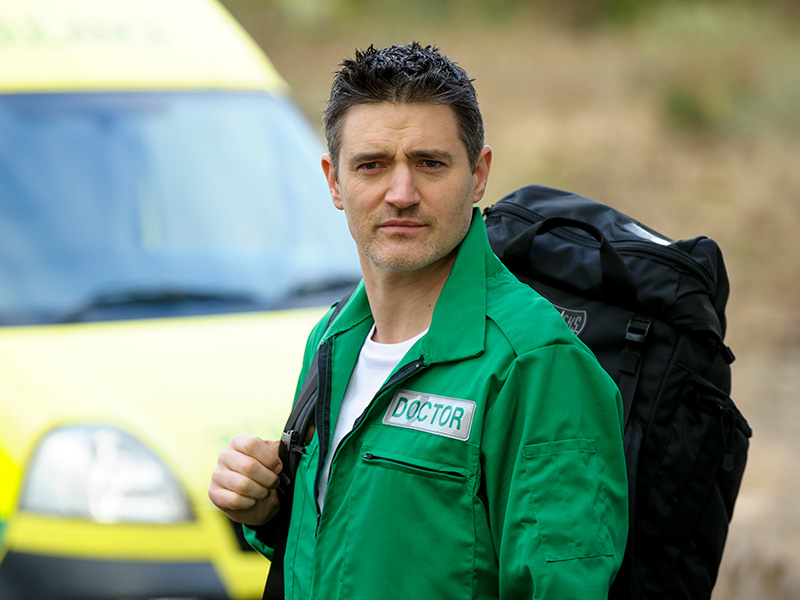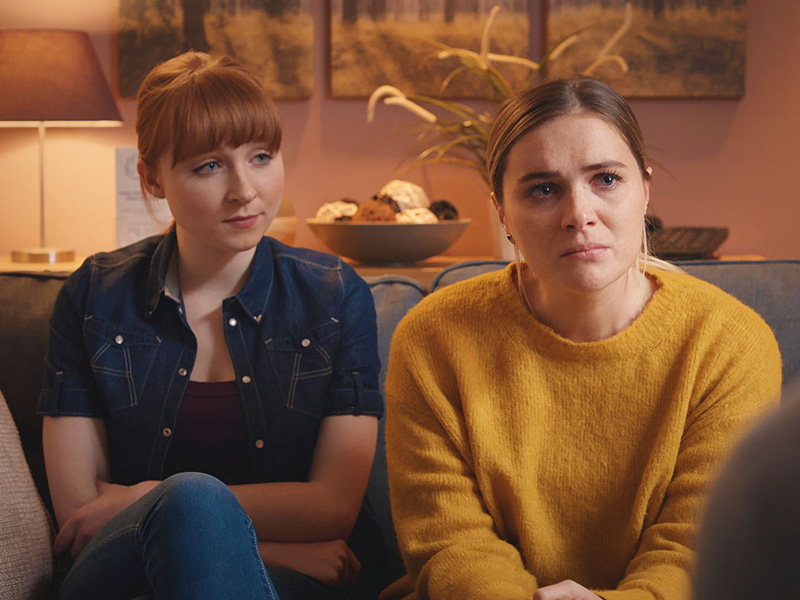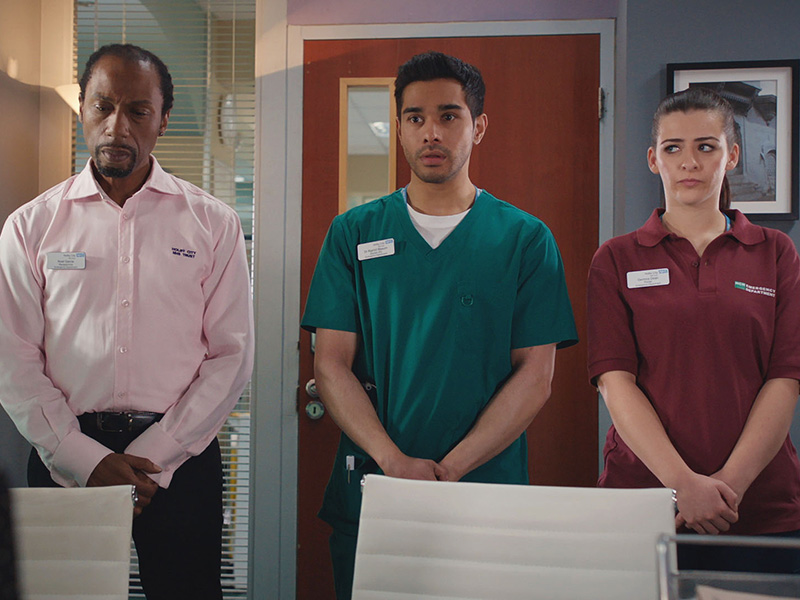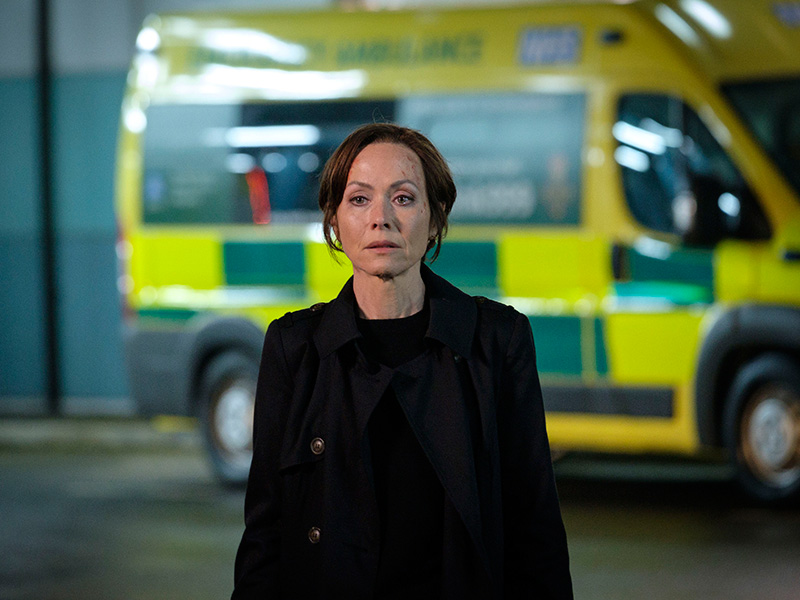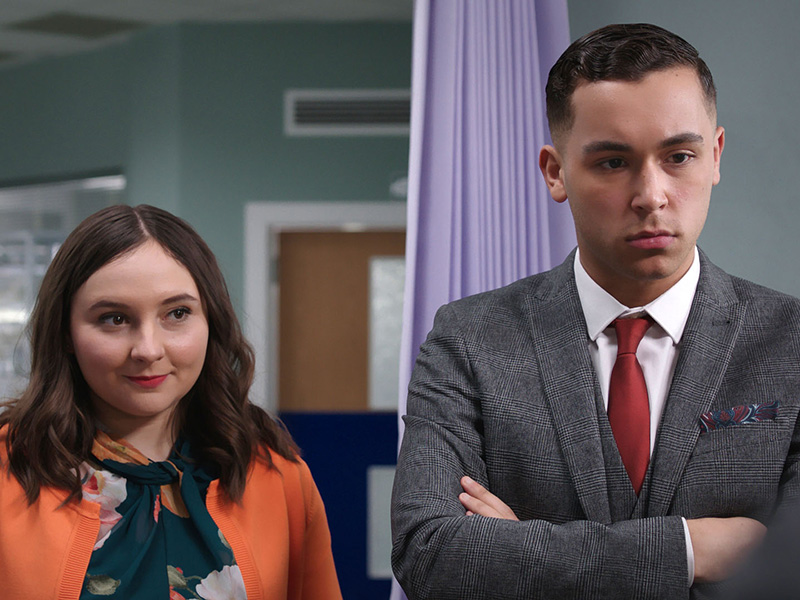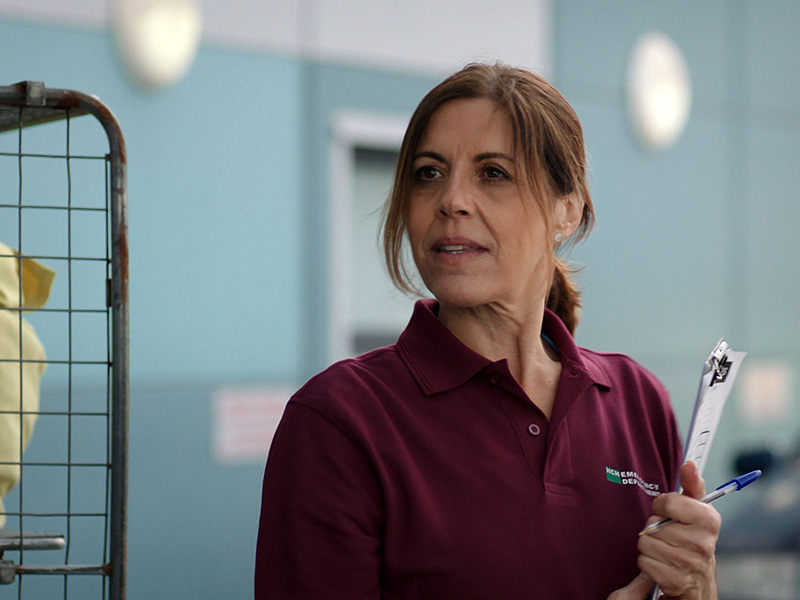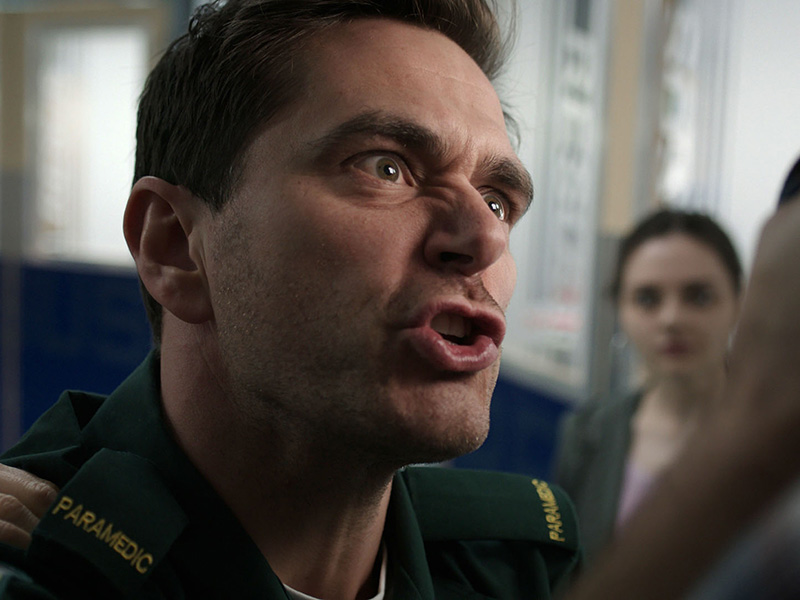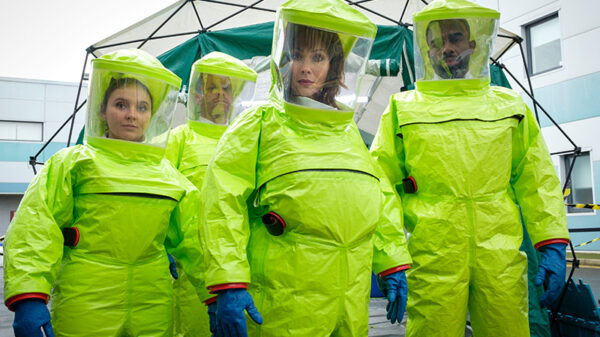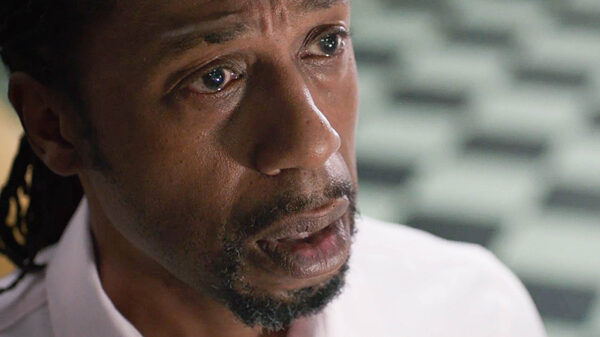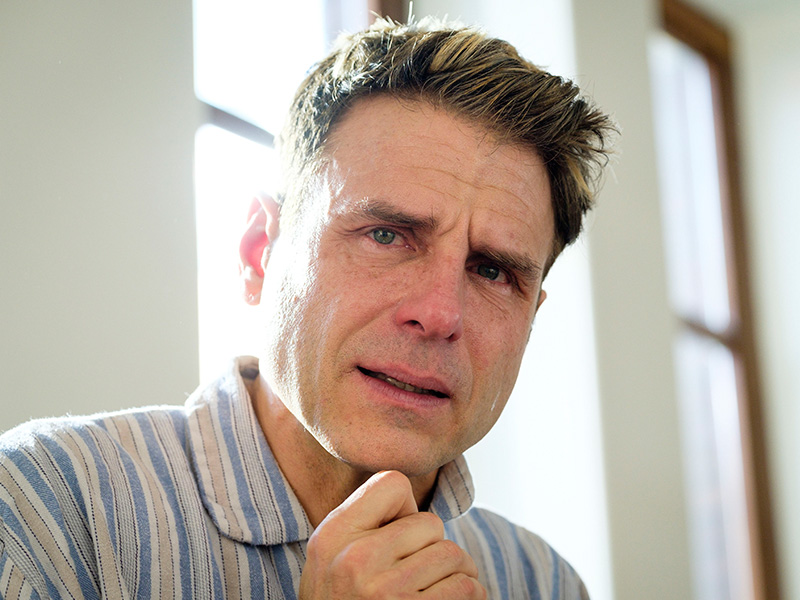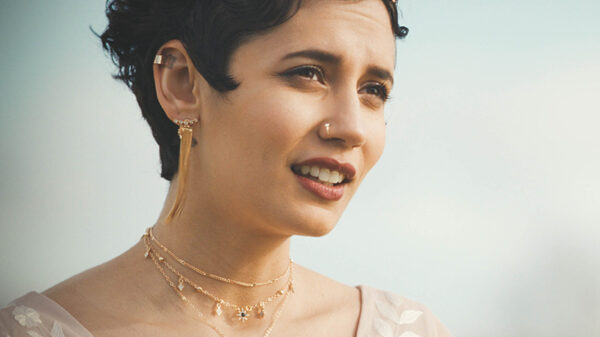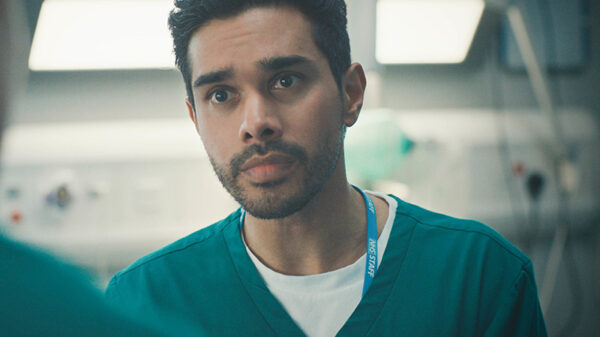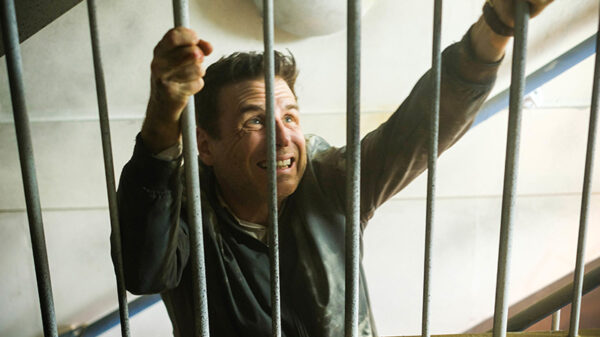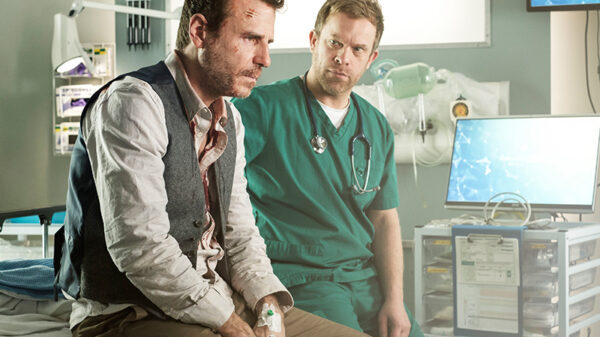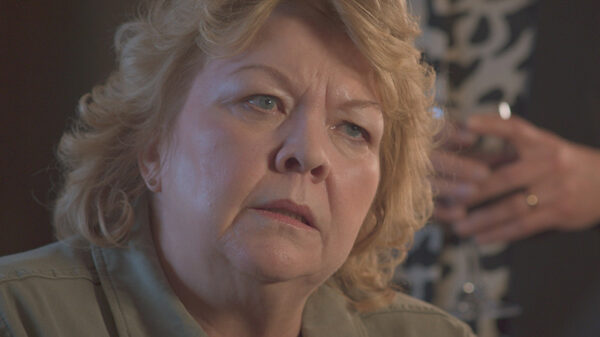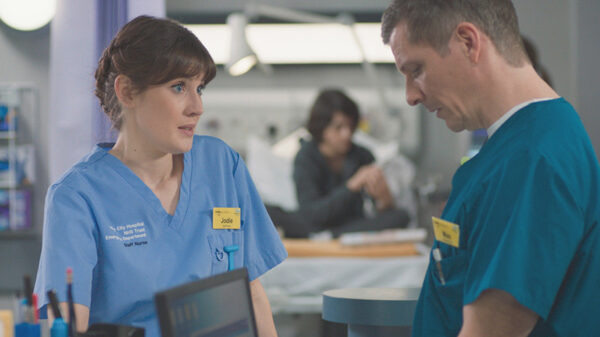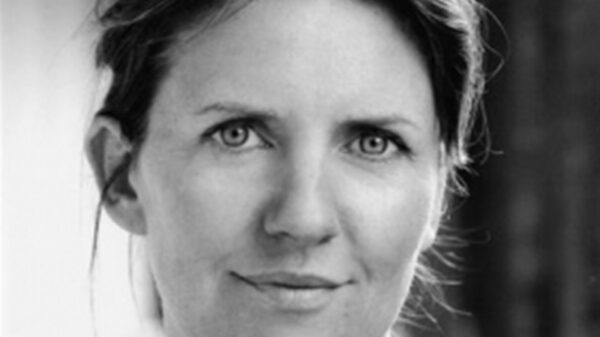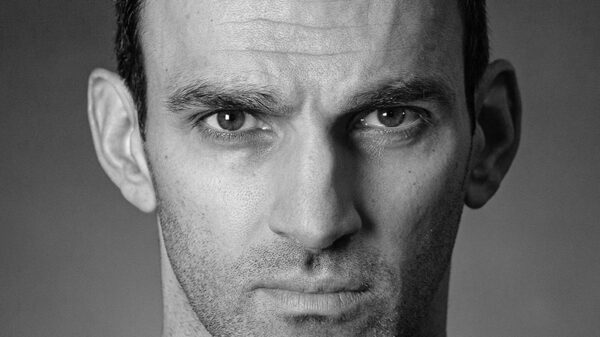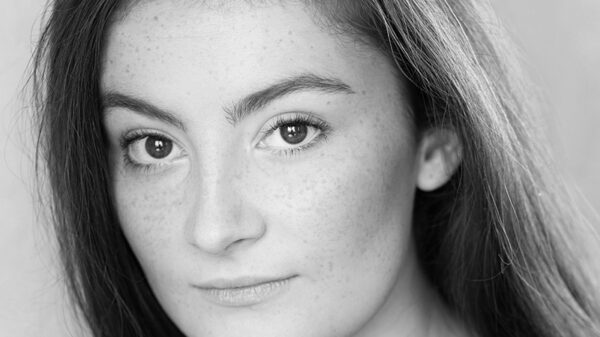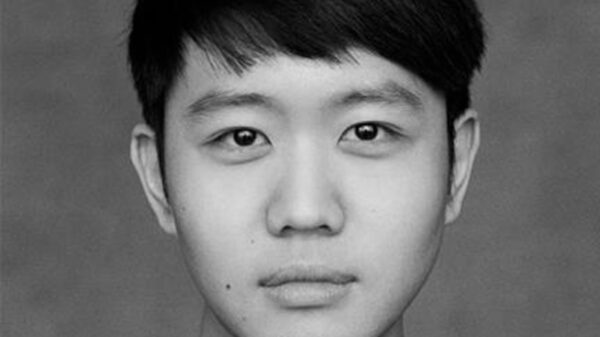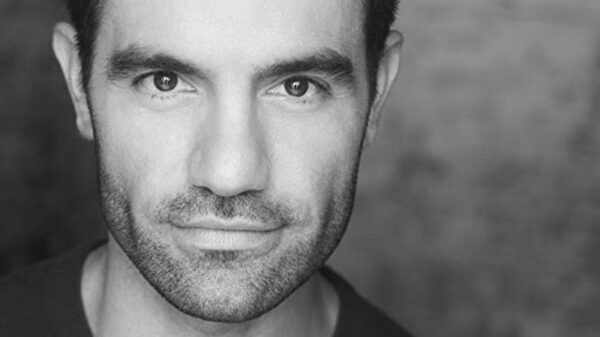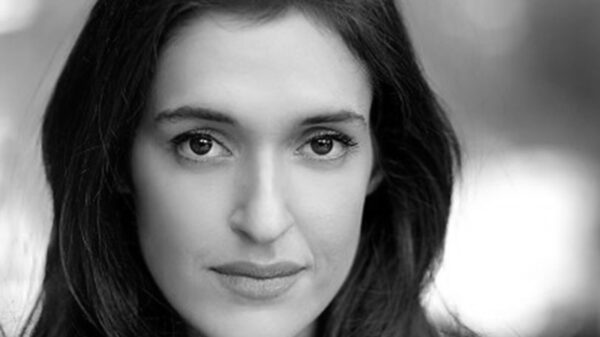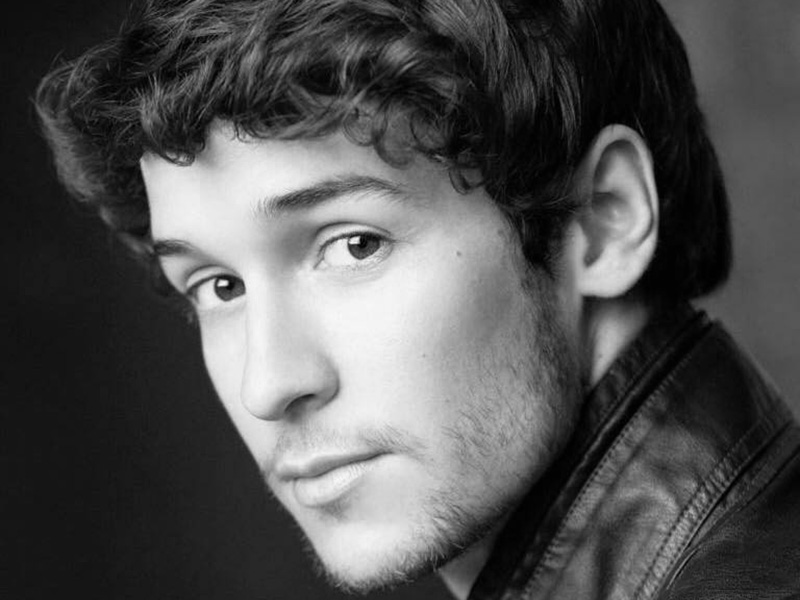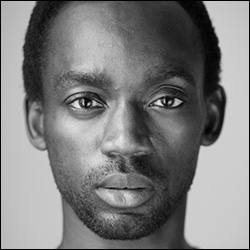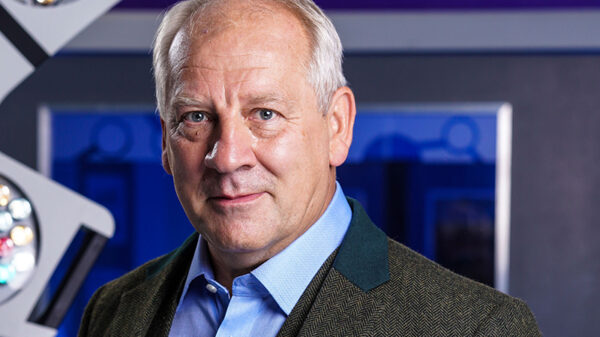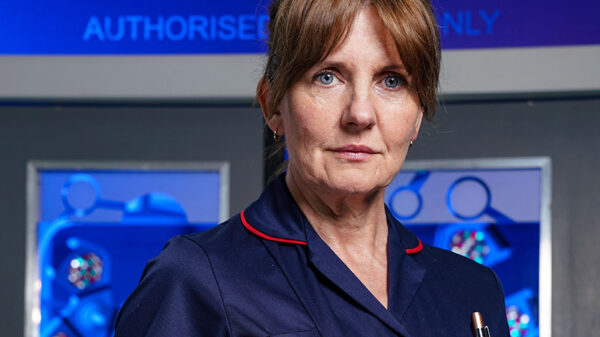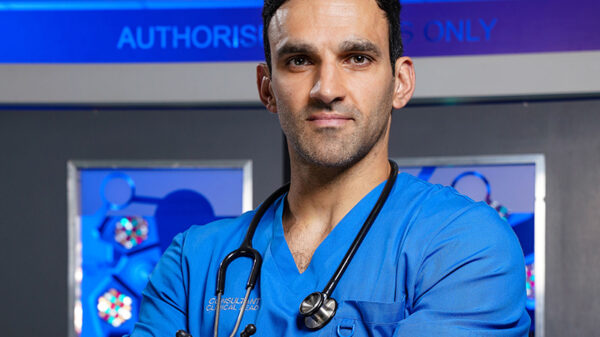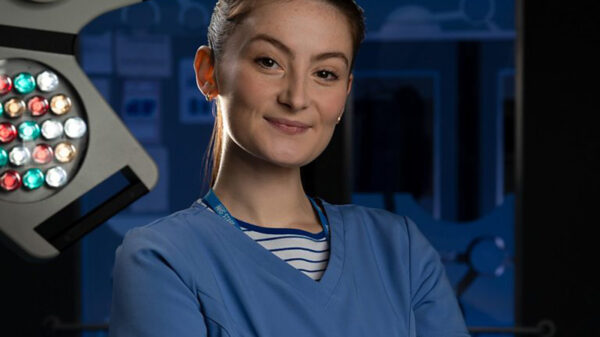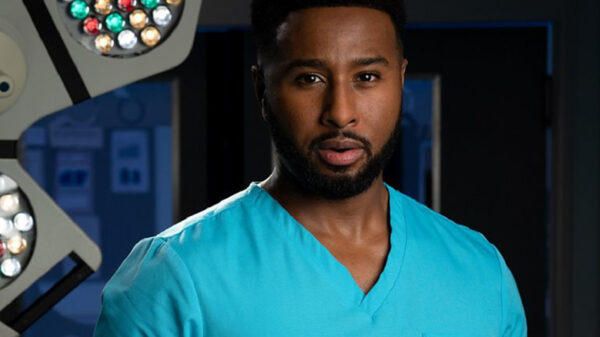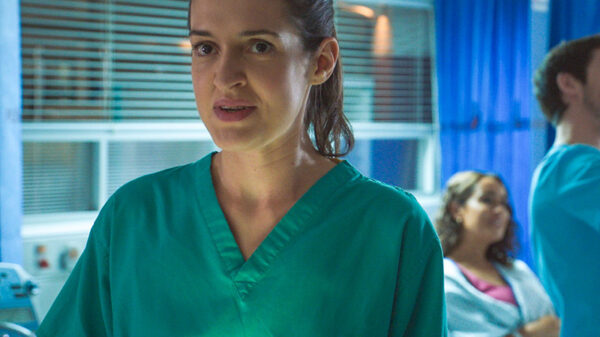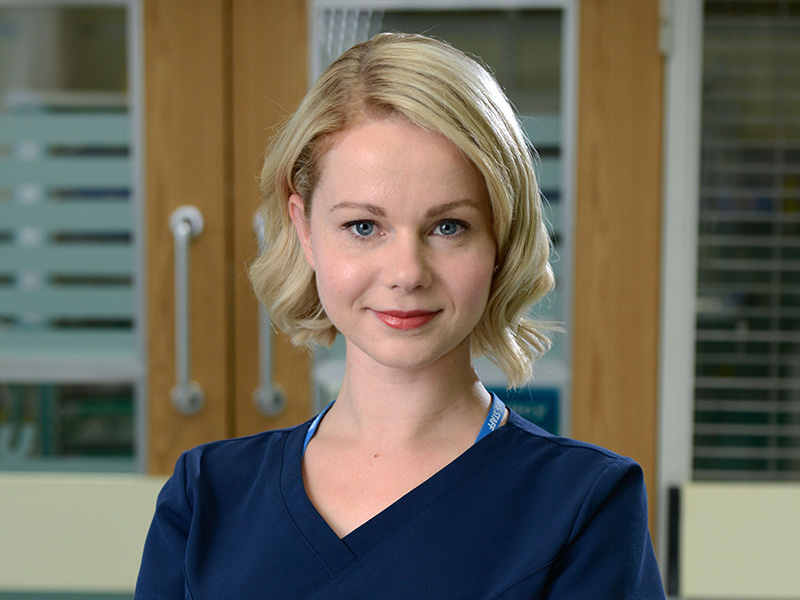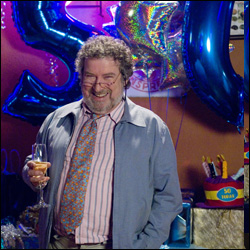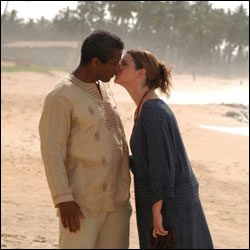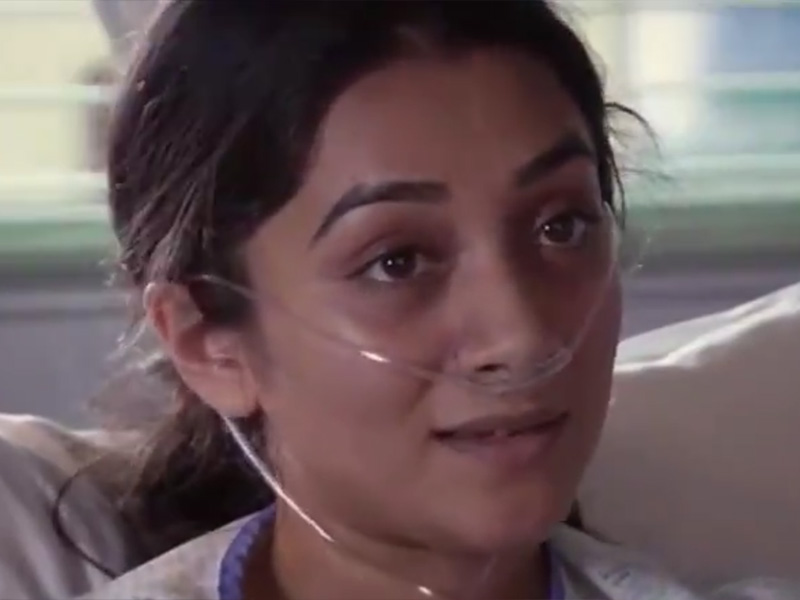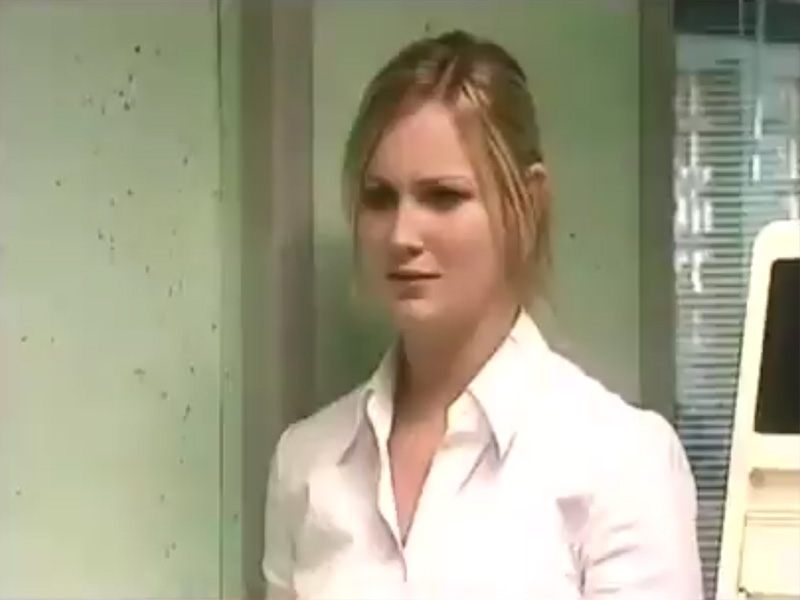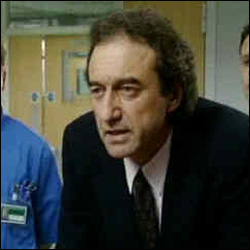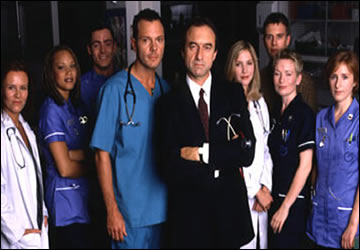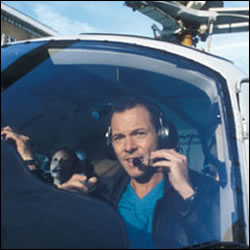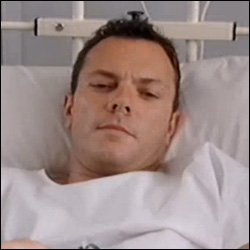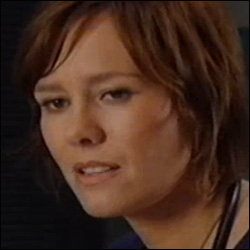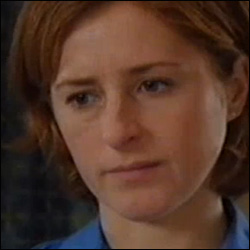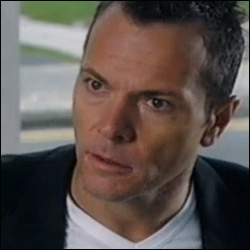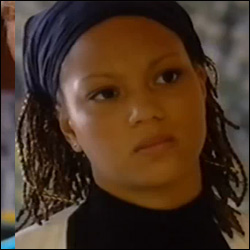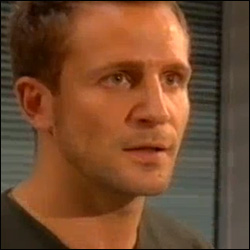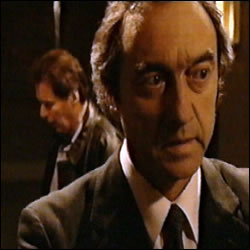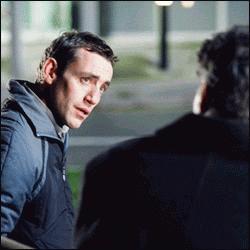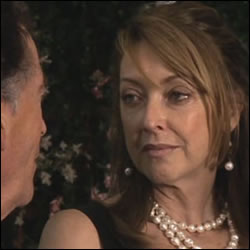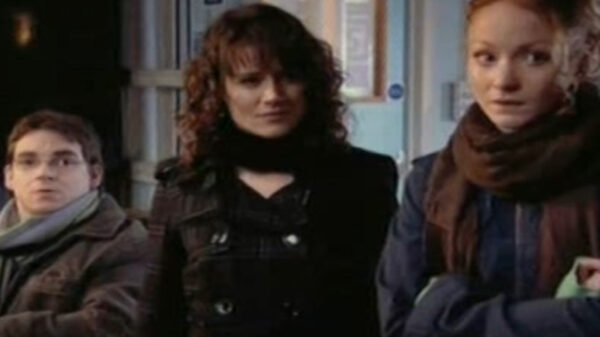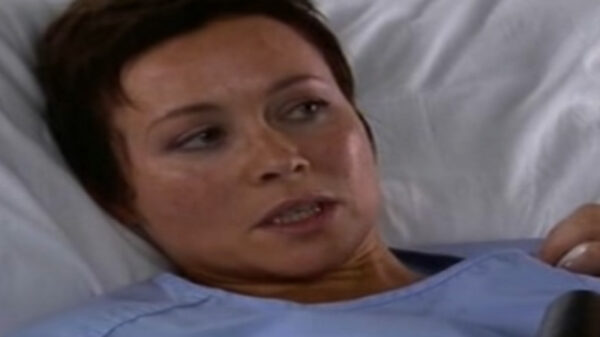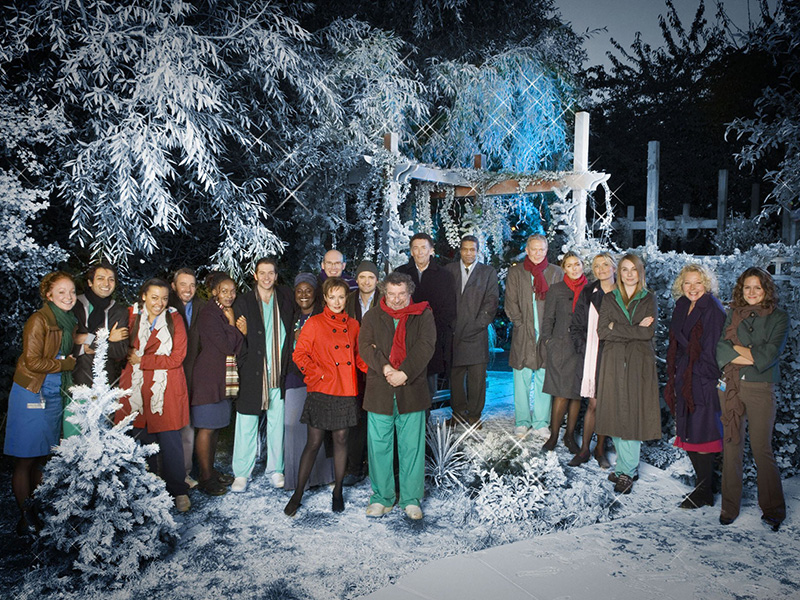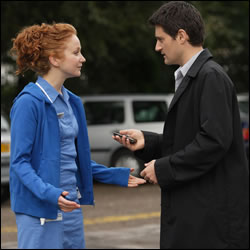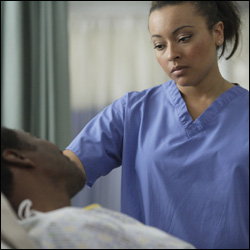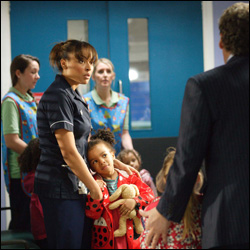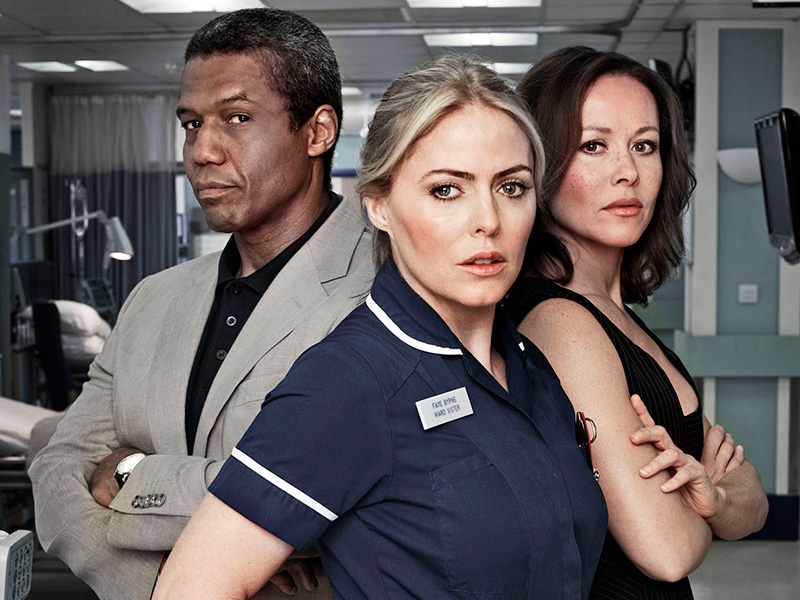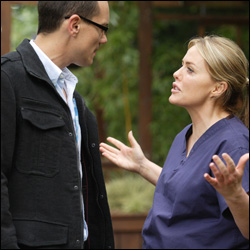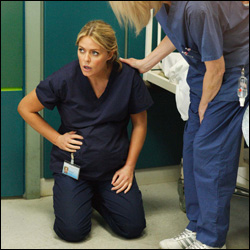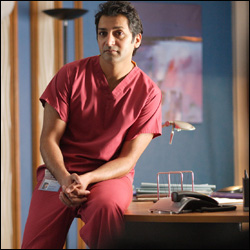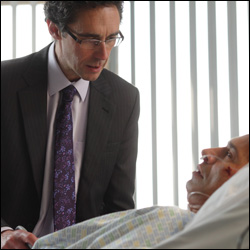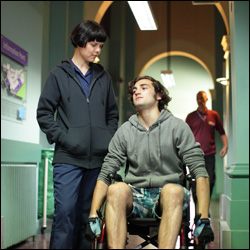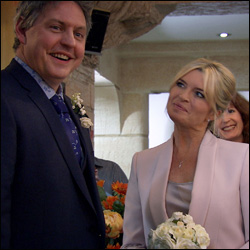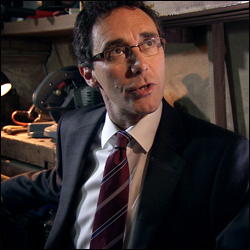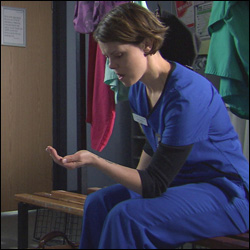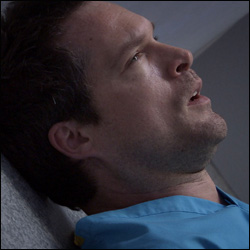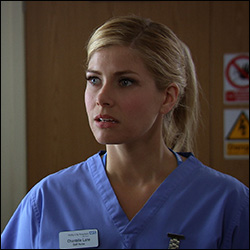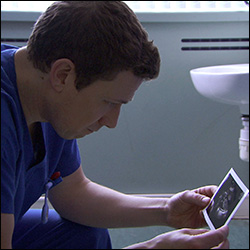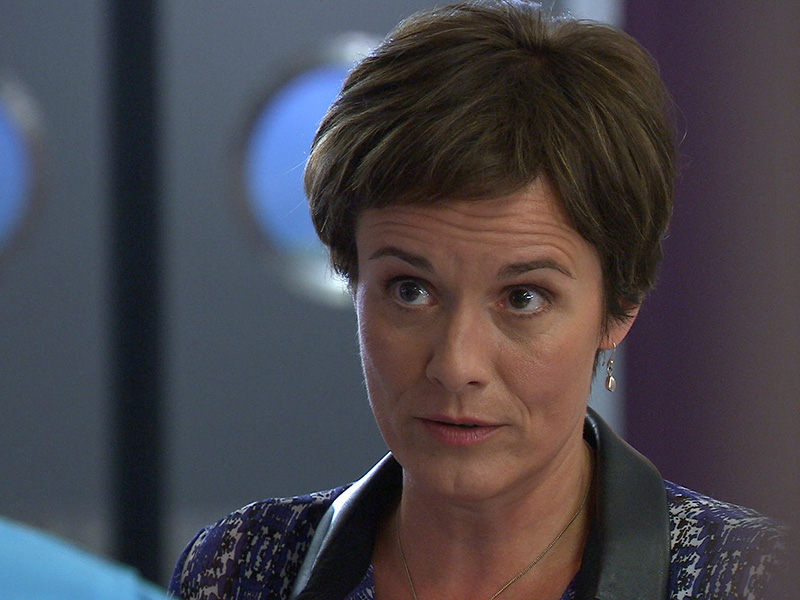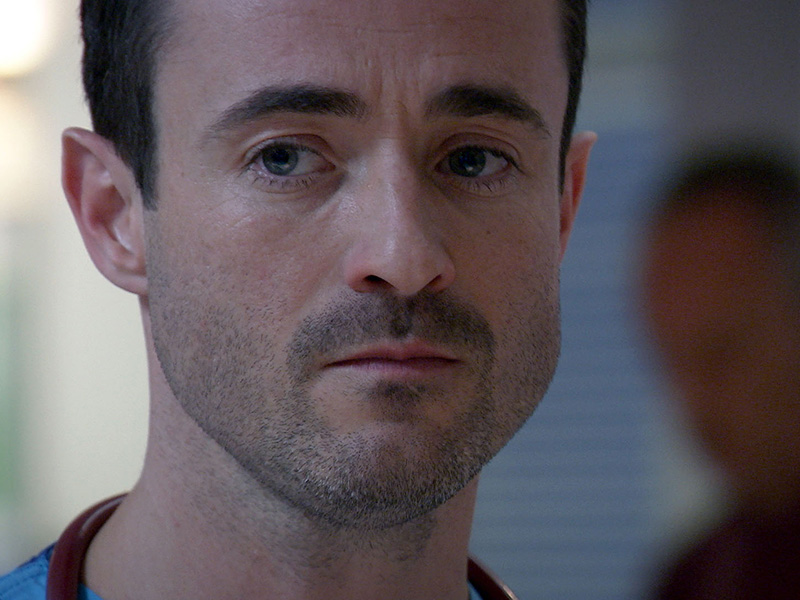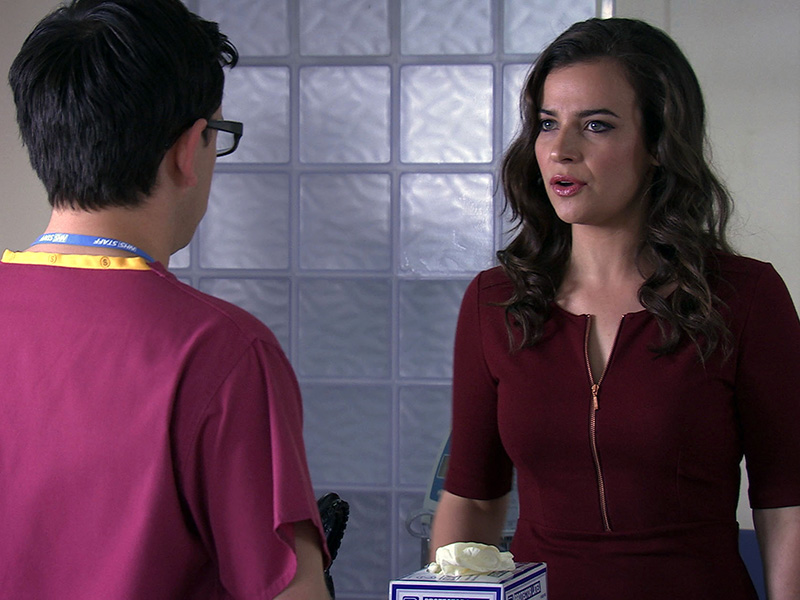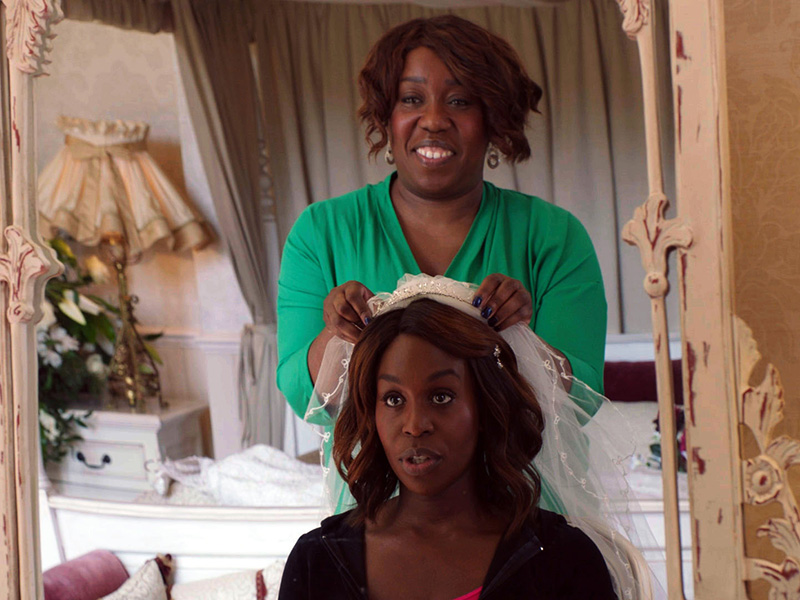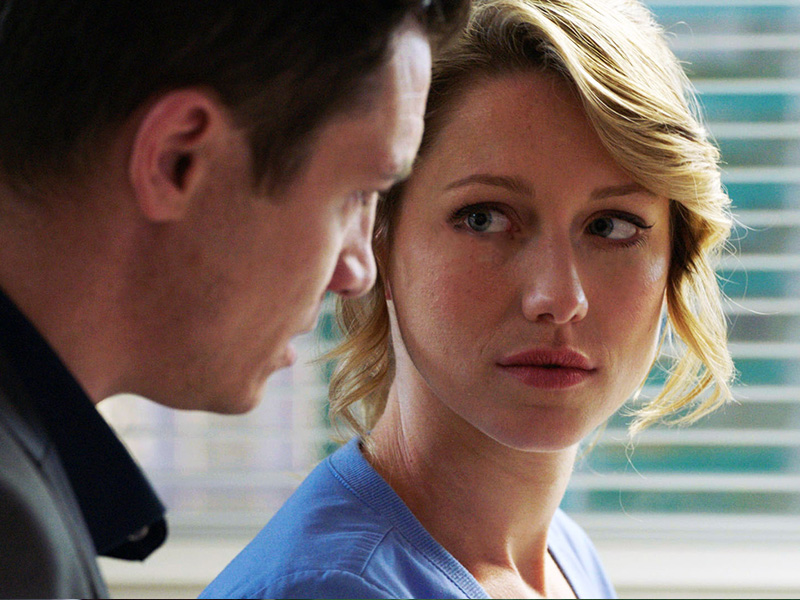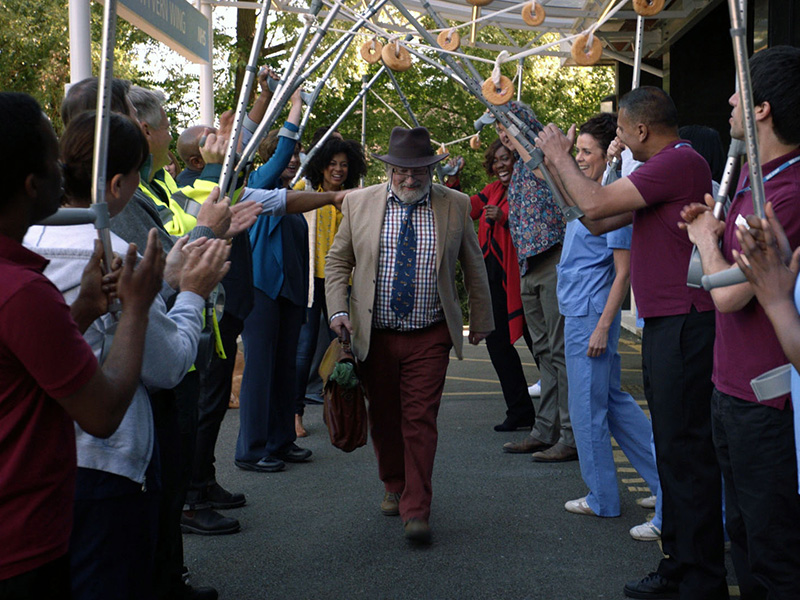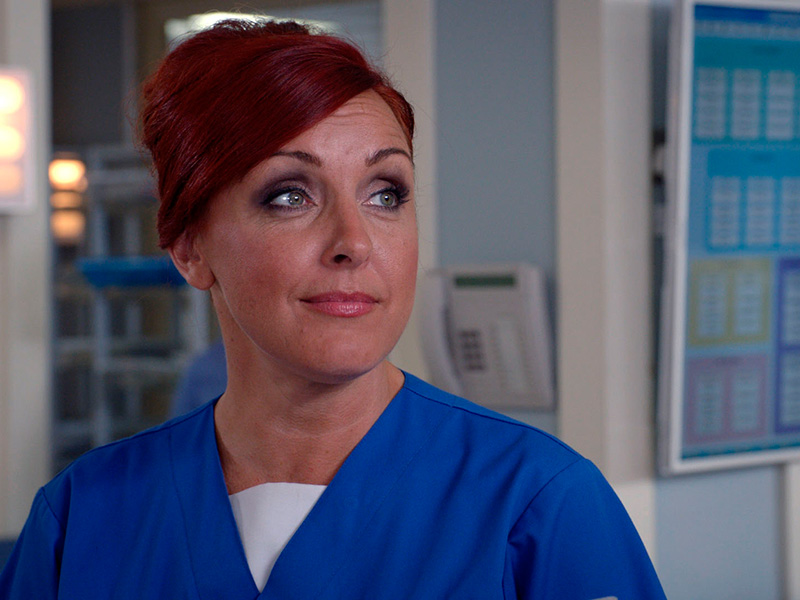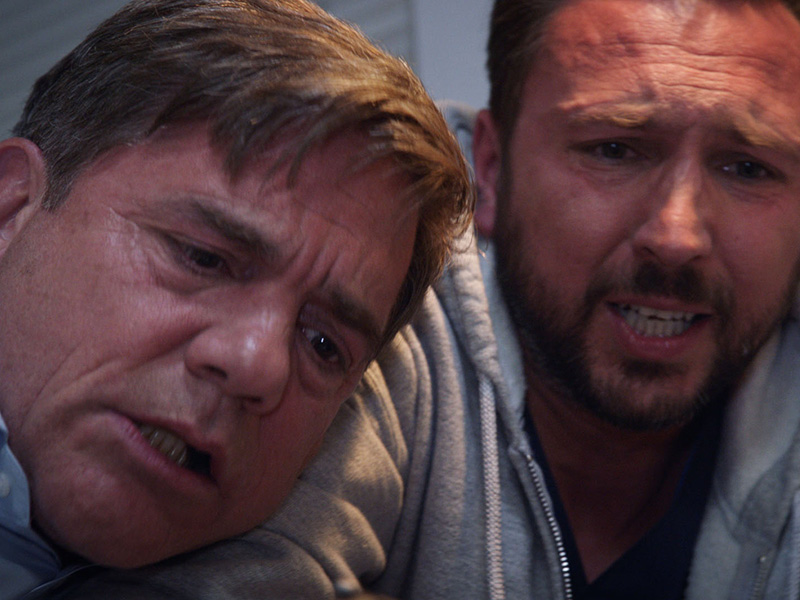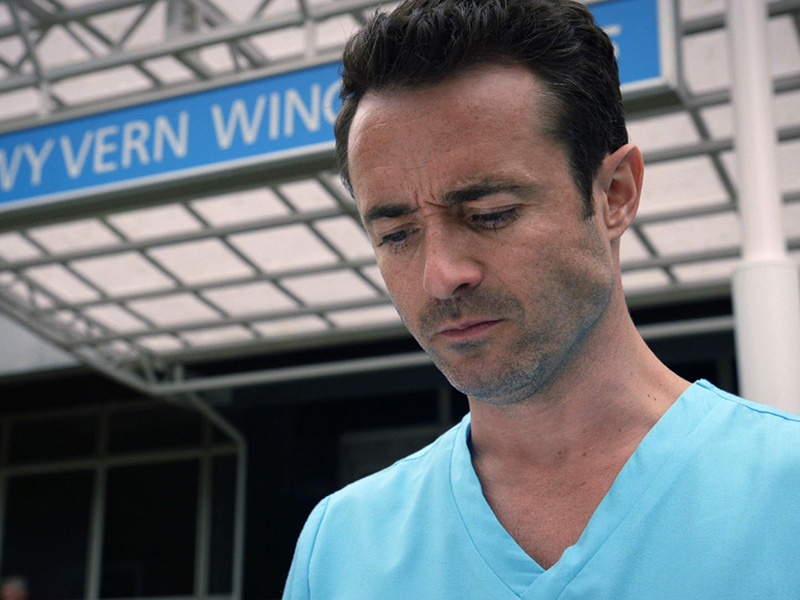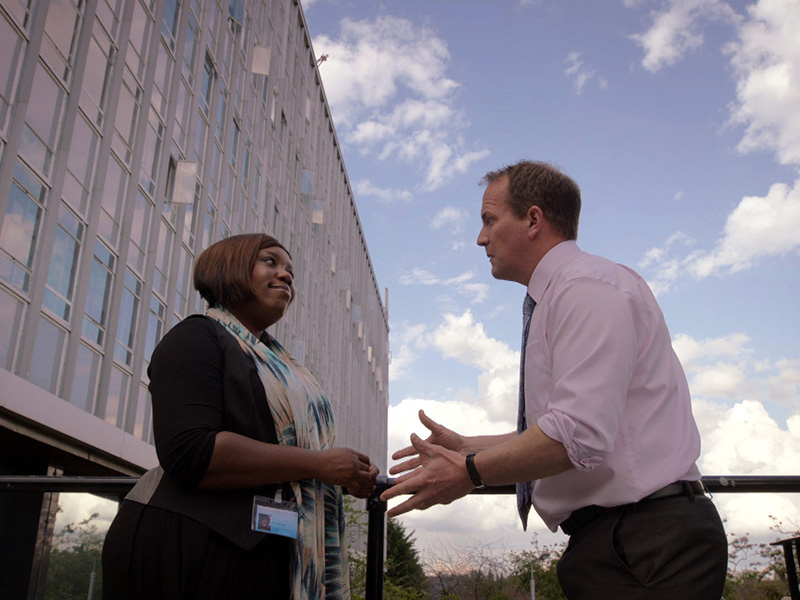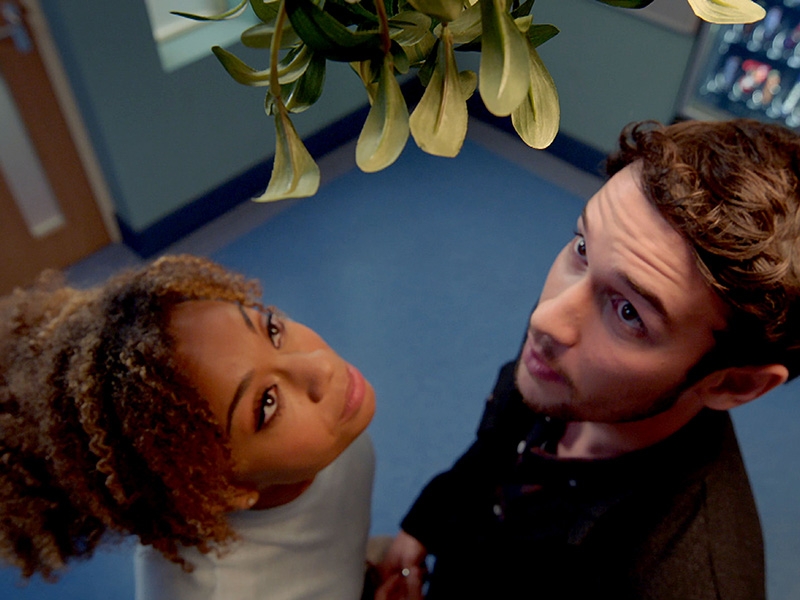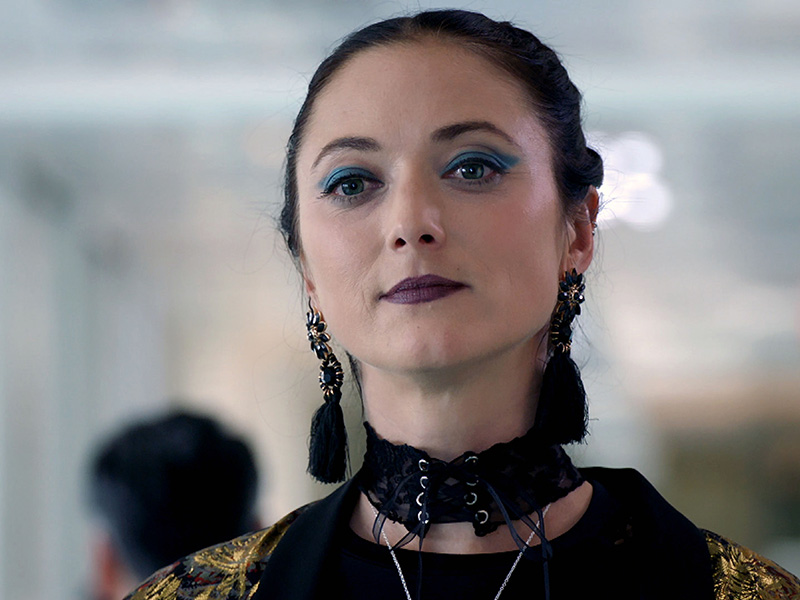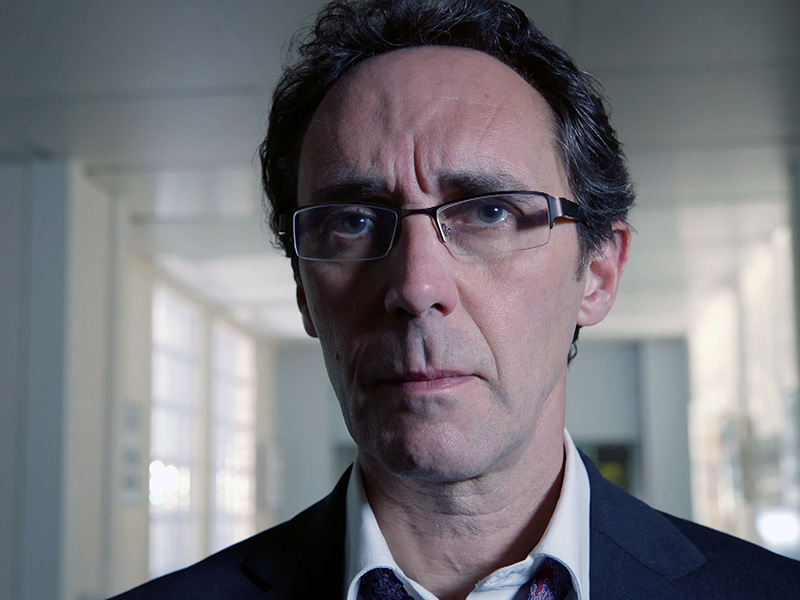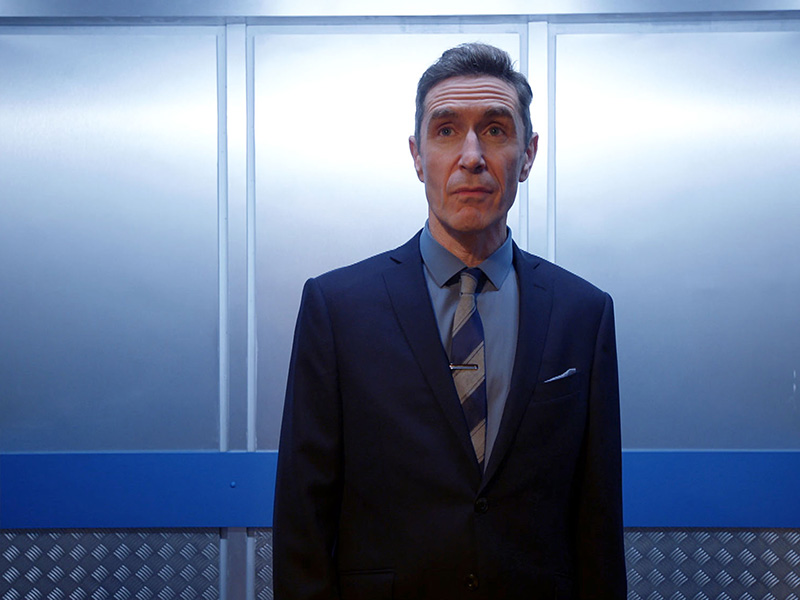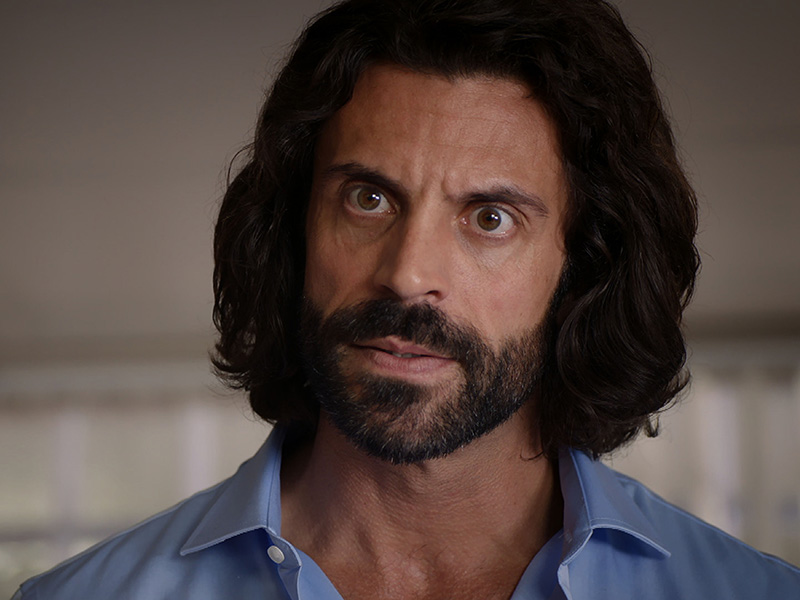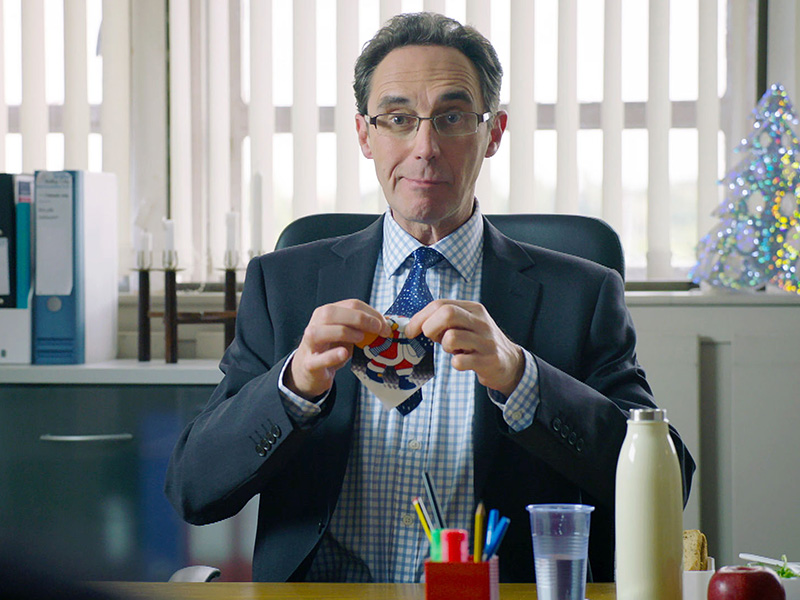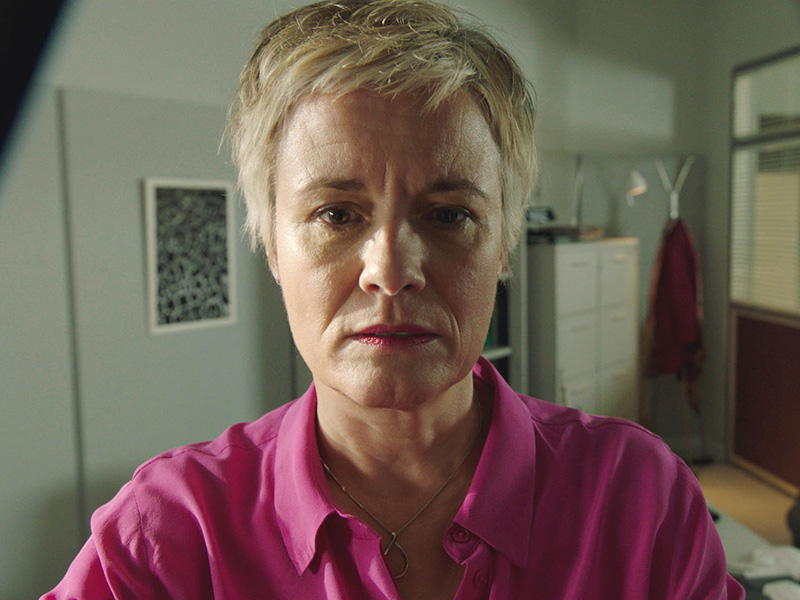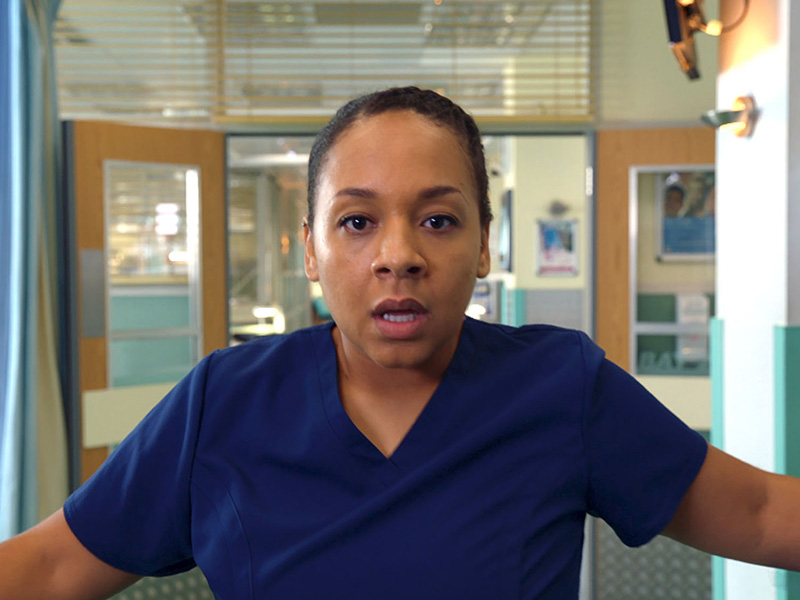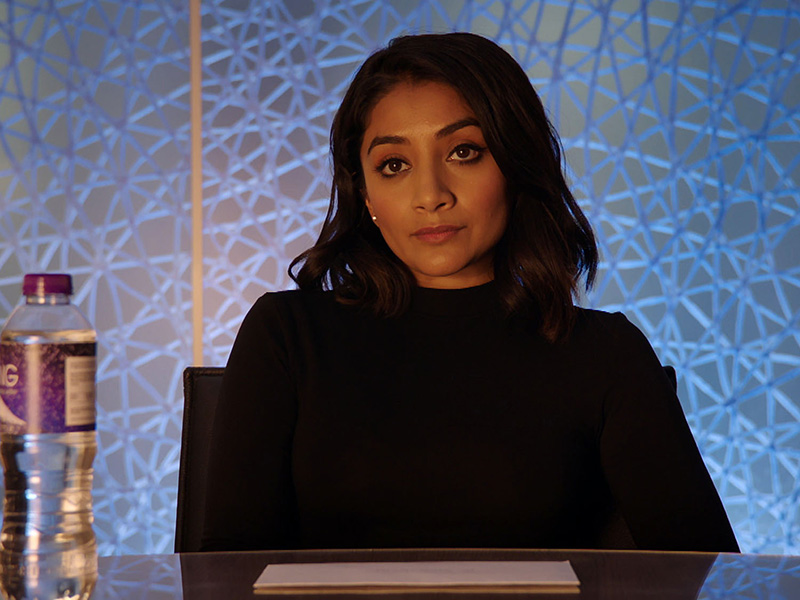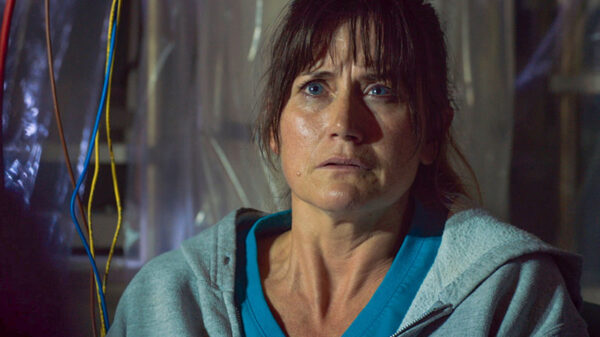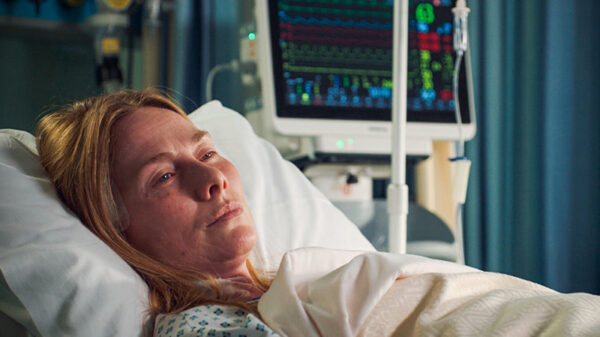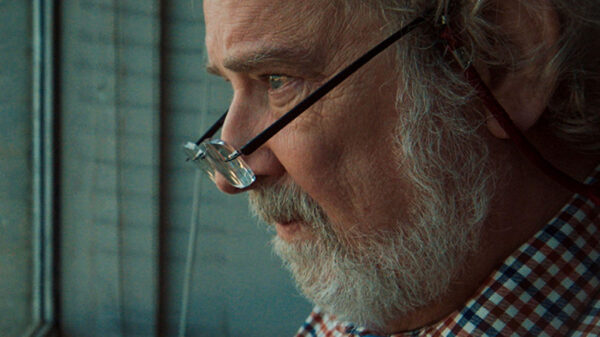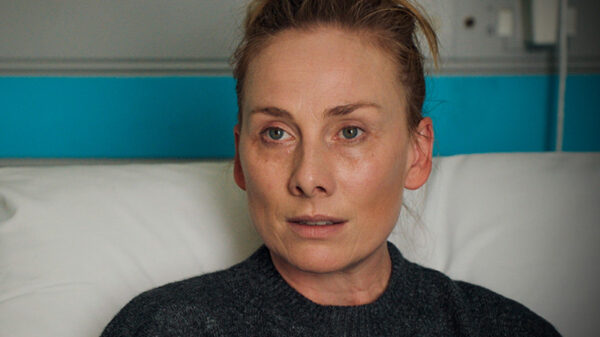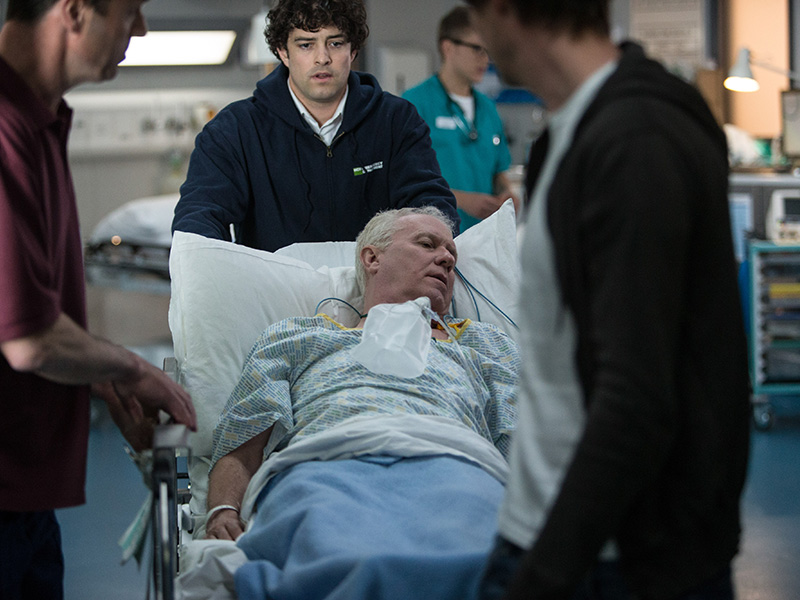
On 6th September 1986, CASUALTY first aired our screens in a series created by Paul Unwin and Jeremy Brock. Originally due to be titled ‘Front Line’, the medical drama took a political look at the staff working for the NHS and so controversial it nearly didn’t make it past its first series.
Nearly 30 years on, co-creator Paul Unwin has returned to the show to write and direct the first two episodes of Series 30 which are to be screened next weekend. A retrospective on Charlie’s life and a guest return from Duffy, this promises to be TV gold.
holby.tv talk to Paul Unwin about his return..
How does it feel to be back working on the show?
It’s great to be back. I know that sounds odd but I was here 30 years ago at its birth, so it extraordinary to be here working with Derek, Cathy and Pete (Salt), who I regard as deep parts of my life.
It has been like an emotional déjà vu. We’ve seen each other sparingly over the years so suddenly to be here again, it’s very exciting.
How were you approached into making a return?
I was involved in the first few seasons but then Jeremy Brock, who I co-devised the show with, we both moved on. Then strange rumblings happened about a year ago. I visited the Set in Cardiff; I hadn’t actually seen the complex yet, in its full glory and I thought it was just phenomenal.
I was asked if I would write an episode to start with. I said I would love to and was thrilled but I wanted to not write a special but join the stream of the show. They kindly asked me to direct it also. I wasn’t prepared to really not direct it. I felt if I was going to come back and be involved, it would be a bit daft not to do so. What’s been so exciting working on the show is it’s exactly where the show has been and come from; you can recognise the genes of it.
Have you watched the show much over the years?
I have watched the show, not consistently but many times and I think that the current period is so strong and has managed to sustain this long running serial element but with deeply important storylines. One that got me recently was the female genital mutilation storyline and I was watching it thinking this show has become the thing we wanted it to be.
Do you still get a sense of the political nature of the show?
Yes I do. I think to be honest it was so political when it started it was that that gave the show its muscle of popularity. It was a time at the peak of Thatcherism and we were writing a political manifesto in defence of the National Health Service. That argument hasn’t gone away and it’s interesting how the development and growth of the show has reflected some of the ways the NHS has changed. It’s always been there and I’ve always loved that it’s been a thermometer to that great institution which I still believe will go on as one of our cultural prides. The DNA is very straight forward and has remained almost always, there have been one or two times when I think it’s gone too far, but the basis of the DNA is the relationship between nurses and doctors but predominantly between nurses working on the front line in medicine, the front line being the place where all society’s ills come together and collide with our characters, that we have invested in, loved and admired and also you may have seen the other side of, that’s the shows DNA.
 What do you remember about the controversy surrounding the show back then?
What do you remember about the controversy surrounding the show back then?
I remember in the very first season we got a lot of press going ‘You can’t be doing this!’ and our fantastic producer Geraint Morris, who basically invented this show, with us two very young, arrogant writers, gave us the right steers to make it popular and work.
We once went to a nurses’ conference with terror to respond to our portrayal of nurses behaving badly and not as angels. We were shaking like leaves but Geraint said we’d be fine! All our arrogance suddenly dissipated in the face of reality. When someone mentioned about nurses drinking on duty, Geraint said as quick as a flash, ‘So who in this room knows of any nurse who’s drunk on duty?’, there was a ghastly moment but then one hand up and then another and another and we won, at that moment. It’s always had that combative, passionate relationship with the real people we portray.
Why do you think CASUALTY has maintained its success over the years?
I think CASUALTY is one of those things that is slightly under sung in the world because it is a remarkable television achievement and as half its father I can say that. When it started, we had a very clear sense of it and that hasn’t changed. It’s developed and evolved for three reasons ; the quality and consistency of acting – it’s been amazing being on Set and you look round and see some very fine actors, the quality and the consistency of the directing and it’s driven by what I suspect is the most important thing – the quality of writing. To repeatedly create these 50 minute length dramas, both carry forward a world and most significantly are a thermometer for the world we are in and they are bloody good stories, the originality and invention of that is phenomenal . I think while we approach its 30th year, I think it’s really important to recognise this is not just a television accident; it’s a television creation. There’s a huge amount of really creative people and being back here, I’d kind of forgotten just how obsessed they are on getting this right. The level of care and attention and love of this show is second to none and in terms of the television landscape, I’d love for people to recognise after 30 years, it’s still what it is and that’s why our industry is exciting.


